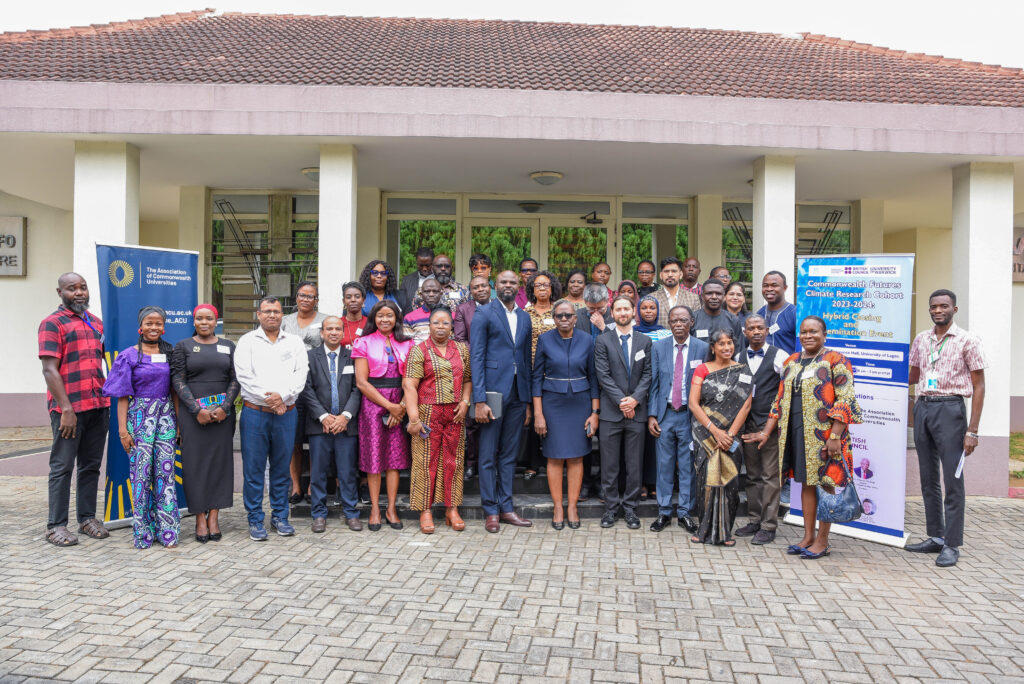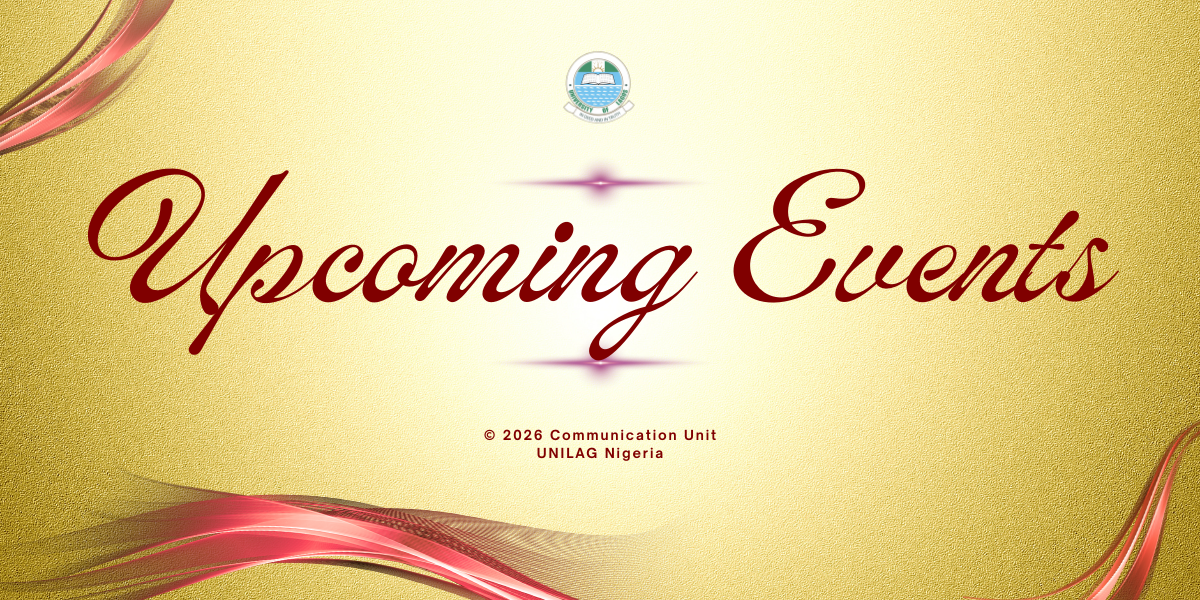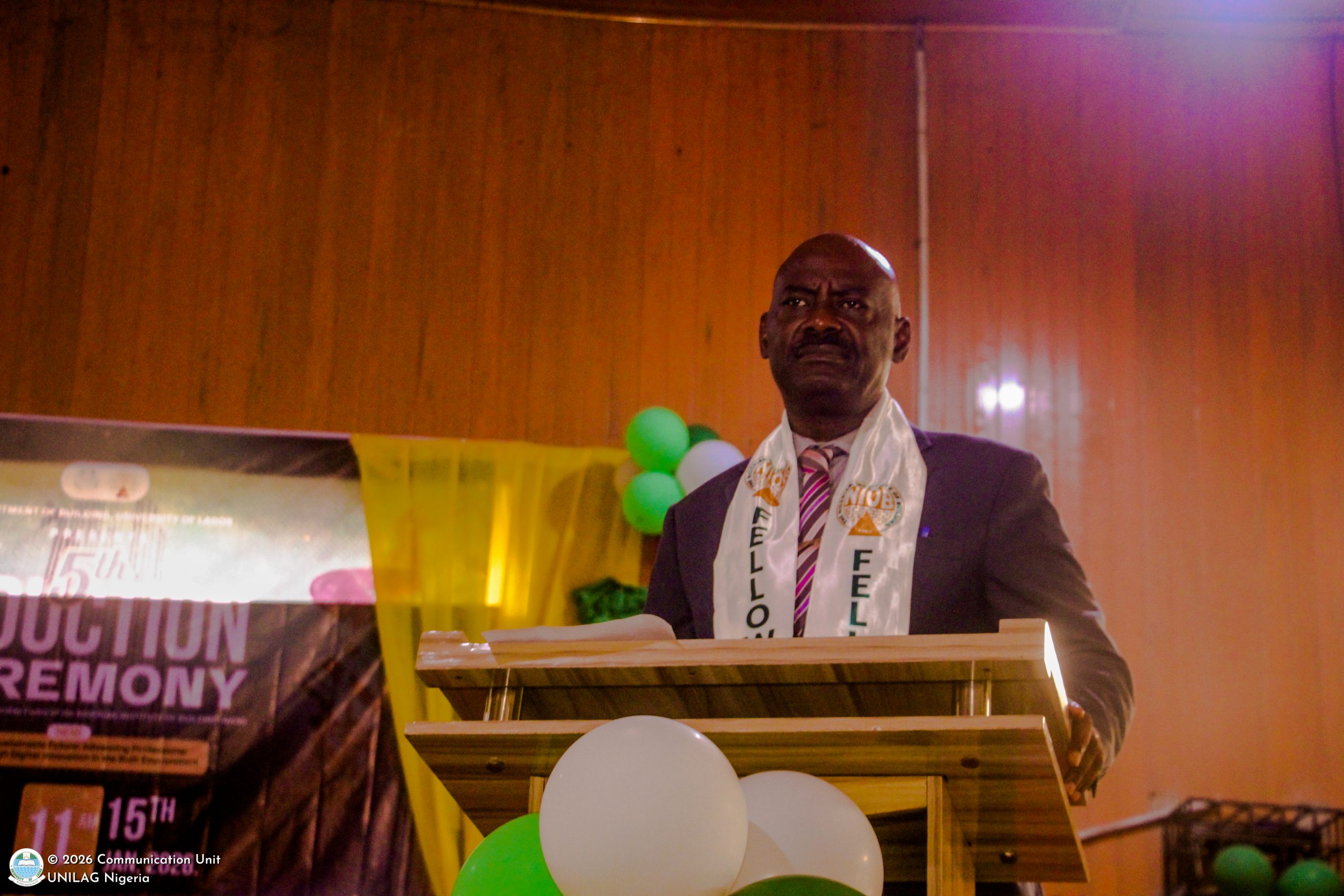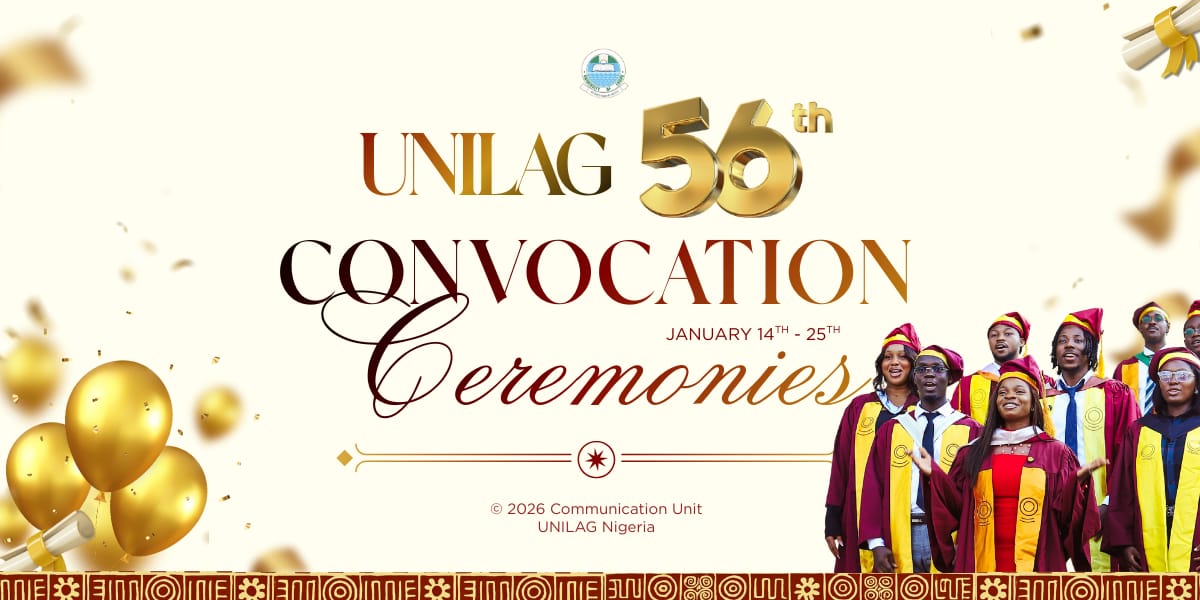The Commonwealth Futures Climate Research Cohort Fellowship Dissemination Event, held at the University of Lagos on Wednesday, July 23, 2025, was far more than a ceremonial conclusion. It was a powerful rallying point for climate-responsive research driven by community, collaboration, and real-world impact.
Hosted at the Arthur Mbanefo Digital Research Centre, the high-level event marked the culmination of a transformative two-year fellowship jointly delivered by the Association of Commonwealth Universities (ACU) and British Council. The programme brought together eighteen (18) early-career researchers from ten (10) Commonwealth nations, each focused on tackling climate challenges with solutions grounded in local realities and responsive to global imperatives.
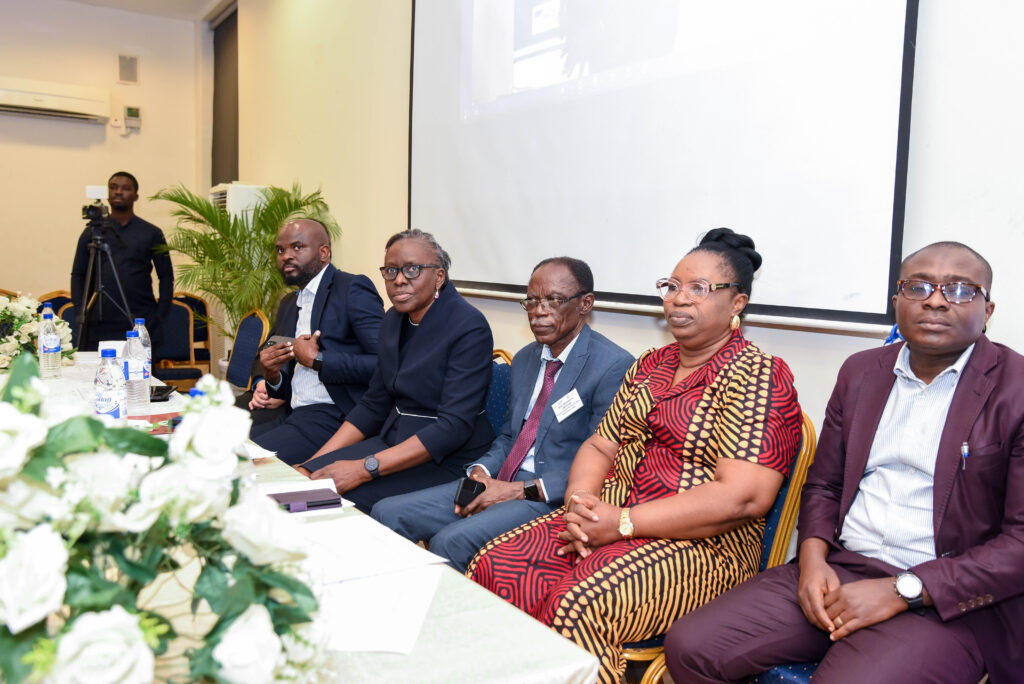
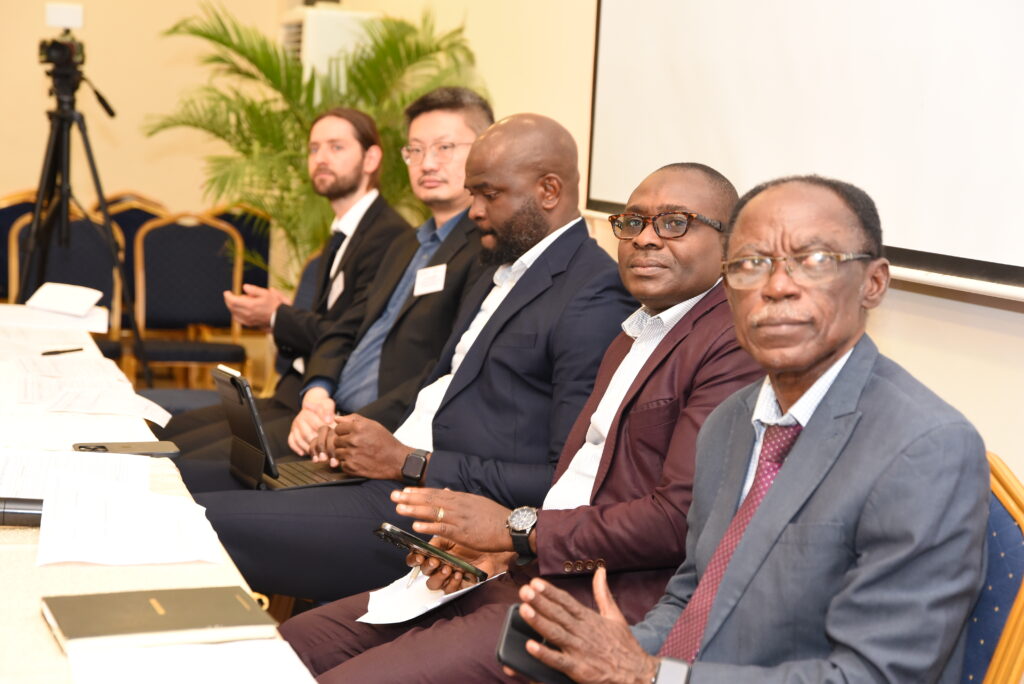
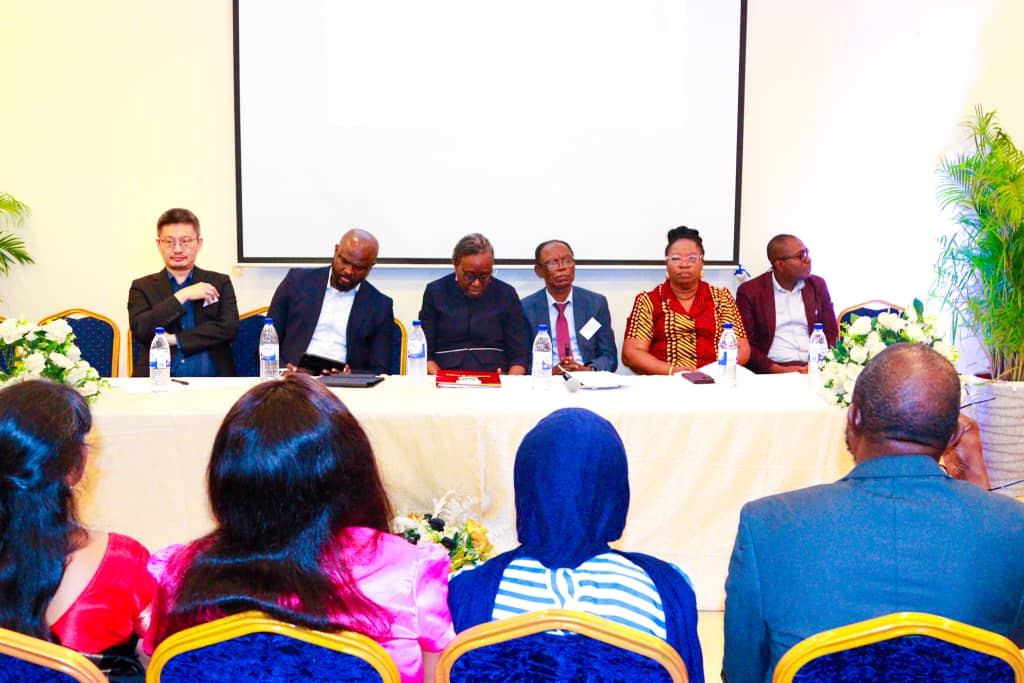
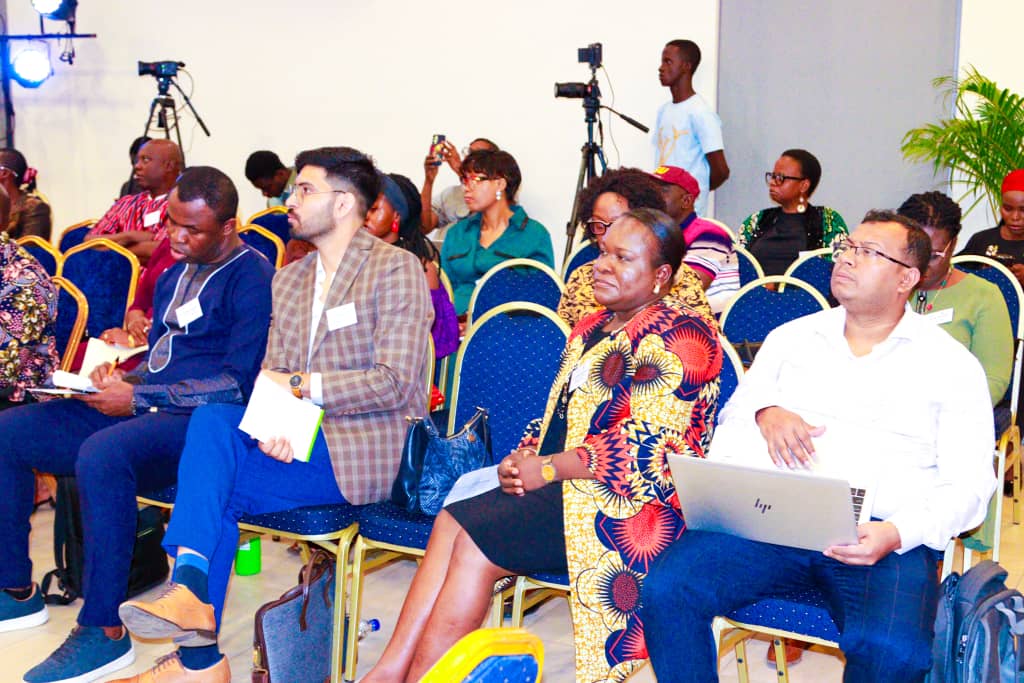
Ilaje in Focus: Where Science Meets Community
Nigeria’s spotlight in the fellowship was powerfully represented by Dr. Temitope Sogbanmu, Environmental Toxicologist and Senior Lecturer in the Department of Zoology, UNILAG. Her project, titled: “Identification of Water Security Solutions and Climate Change Adaptation through Citizen Science and Co-Creation in Low and Middle-Income Countries”, centered on Ilaje, a coastal low-income community near the university that has battled decades-long water crisis.
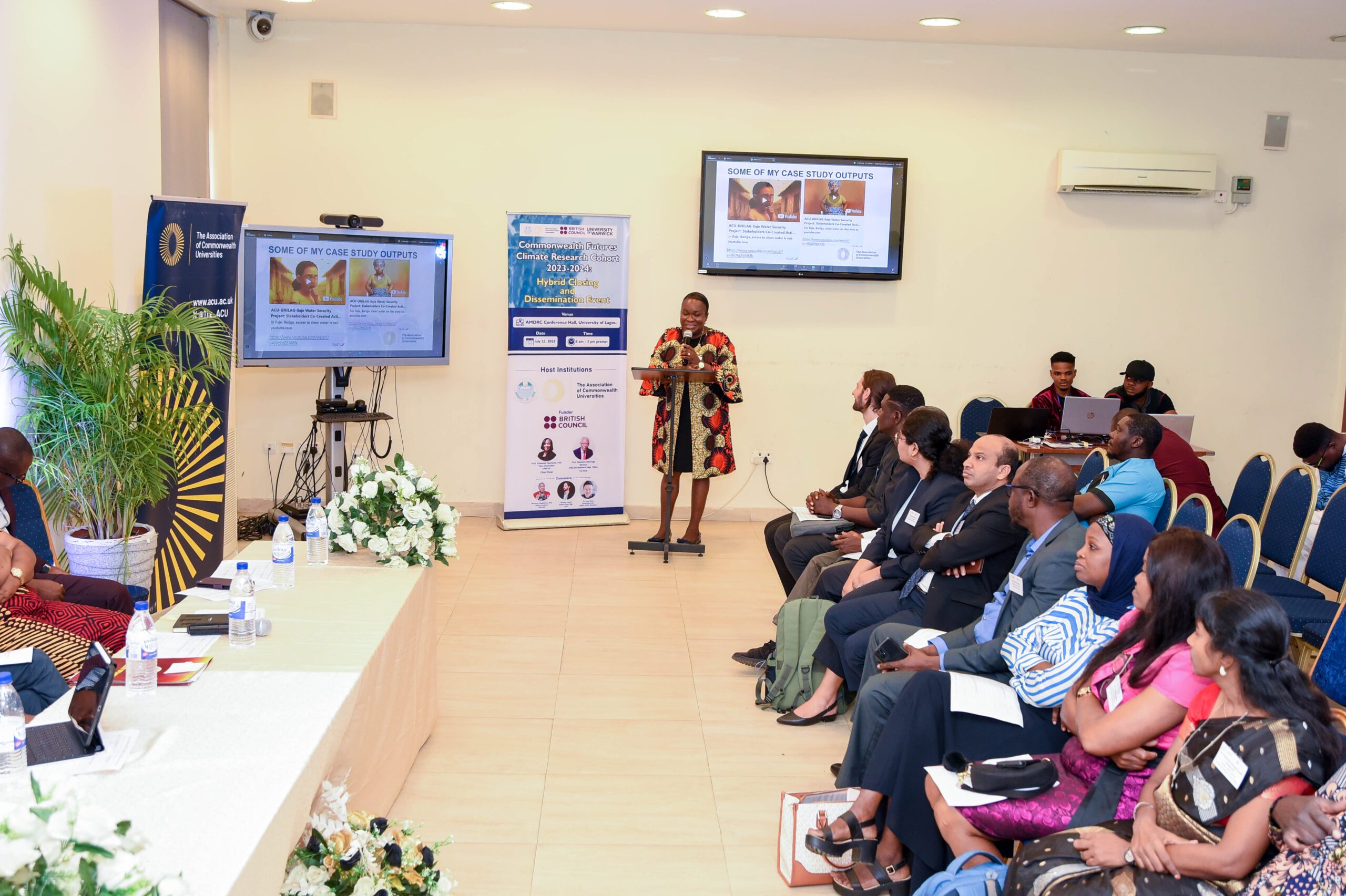
With alarming levels of lead, arsenic, fluoride, and iron detected in Ilaje’s boreholes and only three functioning public water points for its large population, Dr. Sogbamu’s work fused rigorous scientific testing with citizen engagement. Community members were trained to conduct water quality tests themselves, transforming passive participants into empowered co-researchers.
Her words “Most residents rely on salty, unfit-for-consumption natural water sources. This project is about more than data; it’s about co-creating lasting, climate-resilient solutions with those most affected,”.
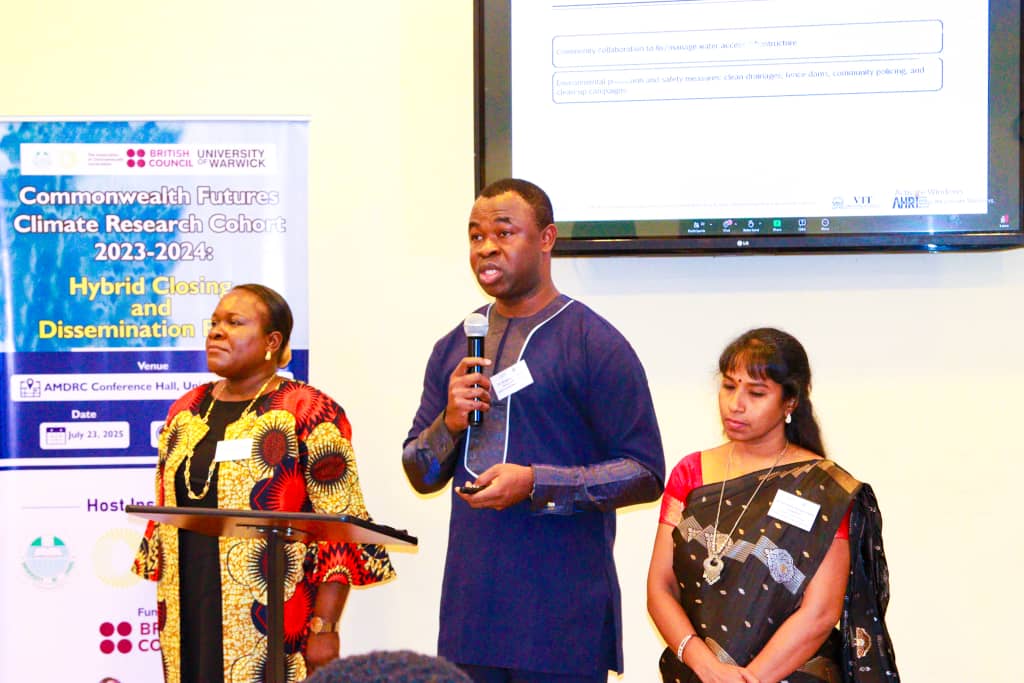
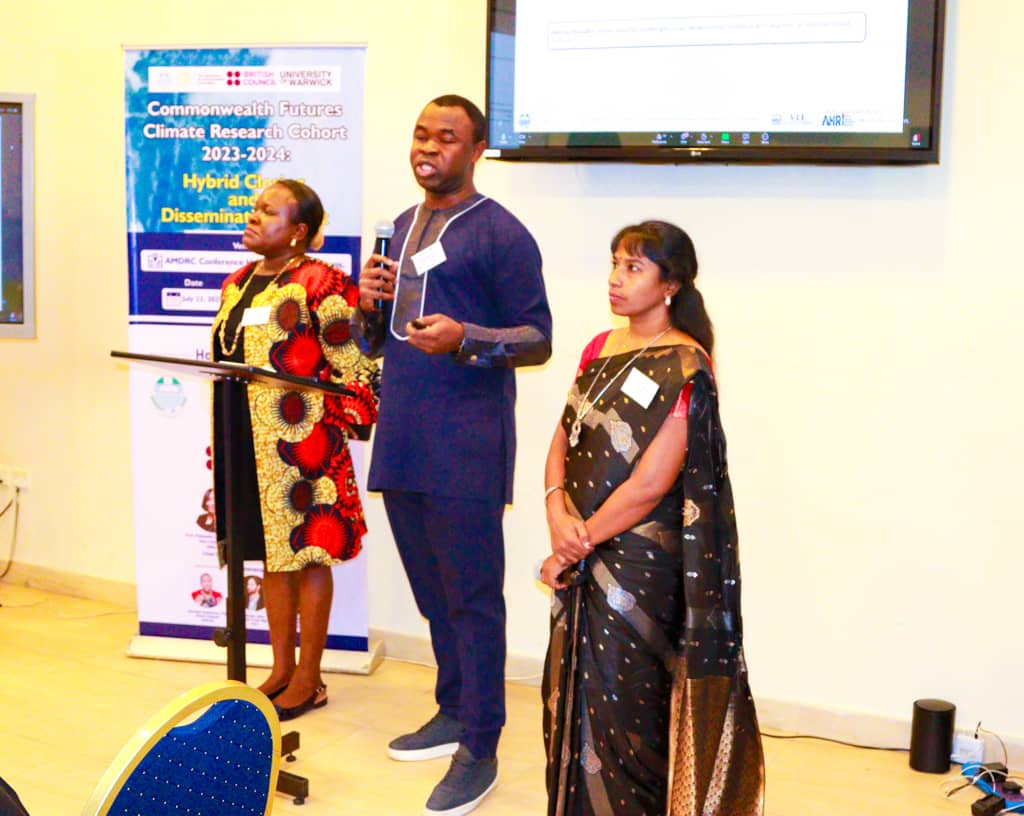
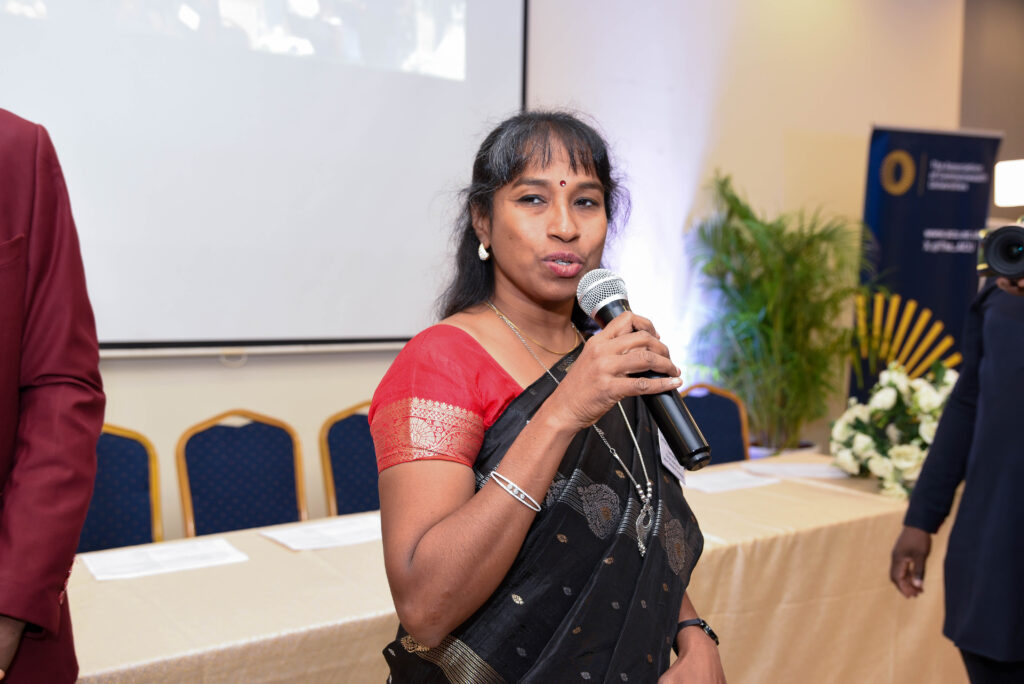
Her counterparts, Dr. Parimala Renganayaki from India and Dr. Kingsley Orievulu from South Africa, carried out similar participatory research in Vellore and KwaZulu-Natal, respectively, further underlining shared global challenges of water insecurity and climate change.
Urban Resilience: Planning from the Ground Up
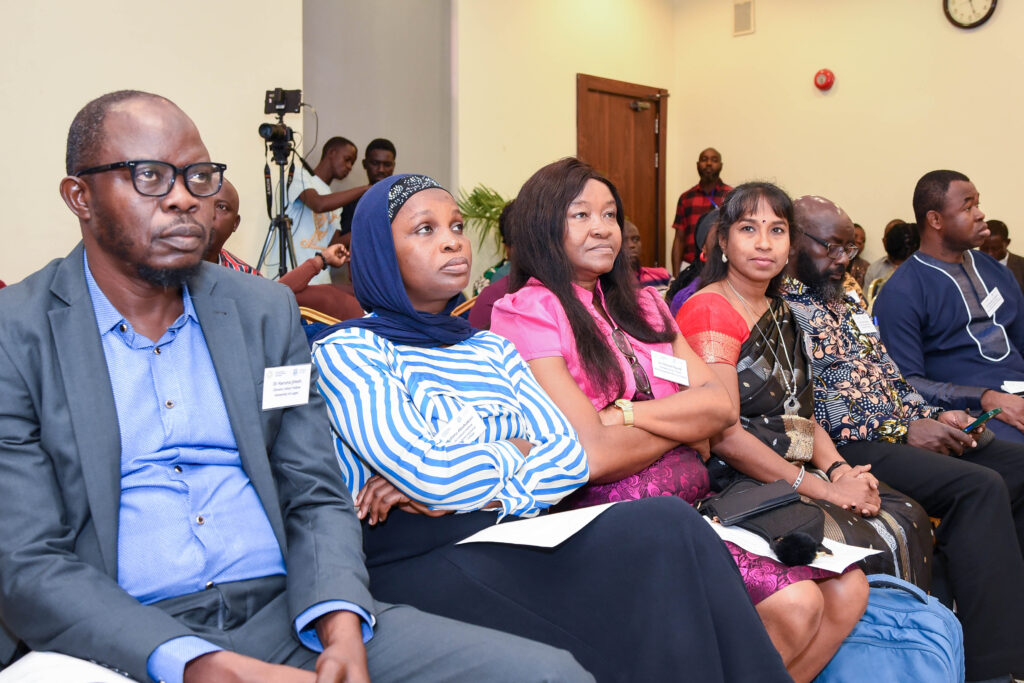
Also representing UNILAG was Dr. Haruna Jimoh of the Department of Urban and Regional Planning. His project: “Strengthening Community-led Innovations for Climate Resilience through Formal Planning Systems” examined how urban planning mechanisms can better incorporate grassroots innovation from informal settlements.
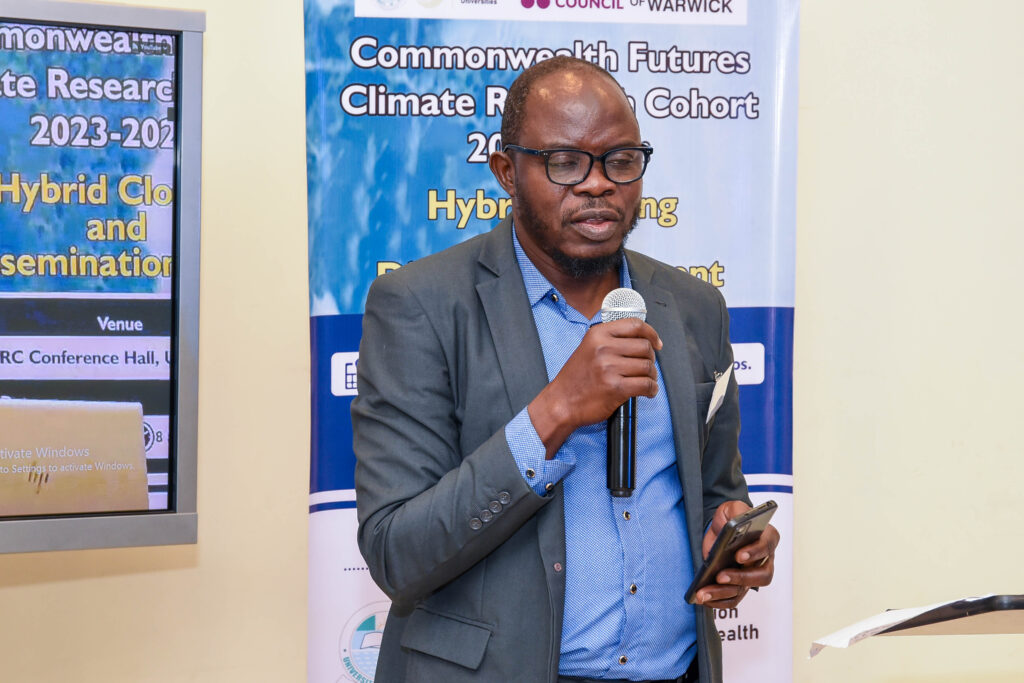
Working in collaboration with Dr. Chinwe Ogunji (Alex Ekwueme Federal University, Ndufu Alike-Ikwo), and Dr. Aidatu Abubakari (University of Ghana), under the guidance of Dr. Tom Tanner (University of London), the team explored missed opportunities that arise when top-down policies neglect the lived realities of the vulnerable.
Their findings, ranging from unregulated urban expansion in Ghana to resilience strategies in Nigerian inner cities, spotlighted the urgent need for inclusive and adaptive planning that responds not just to policies but to people.
UNILAG’s Commitment: Research with Roots
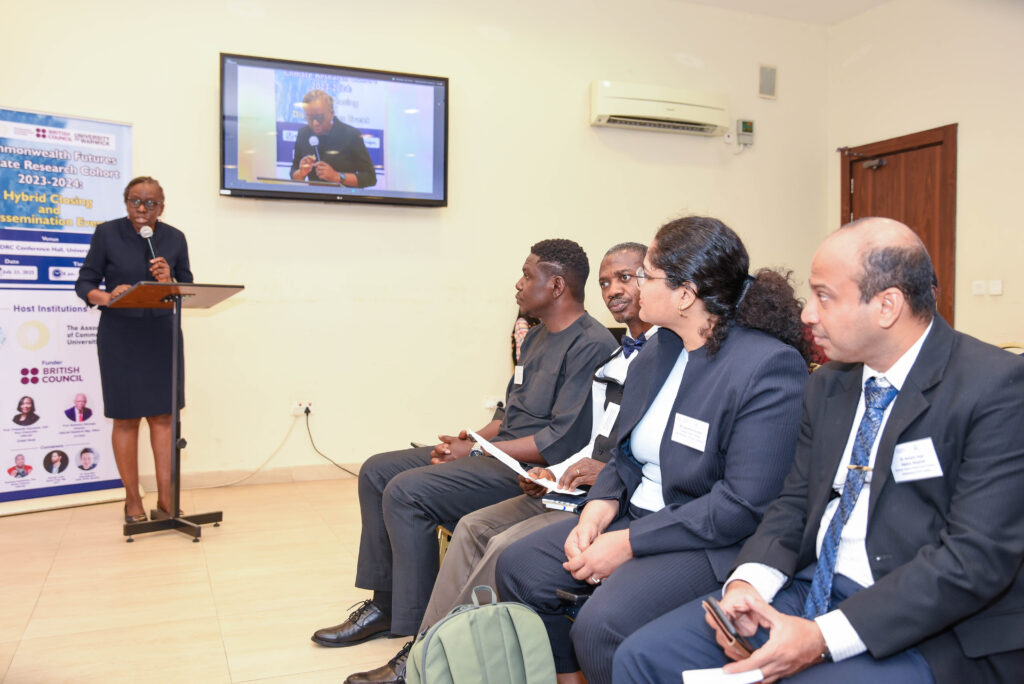
Representing the Vice-Chancellor, Professor Folasade T. Ogunsola, OON, FAS, was the Deputy Vice-Chancellor (Academic & Research), Professor Bola Oboh, who underscored UNILAG’s commitment to community-anchored, evidence-based innovation.
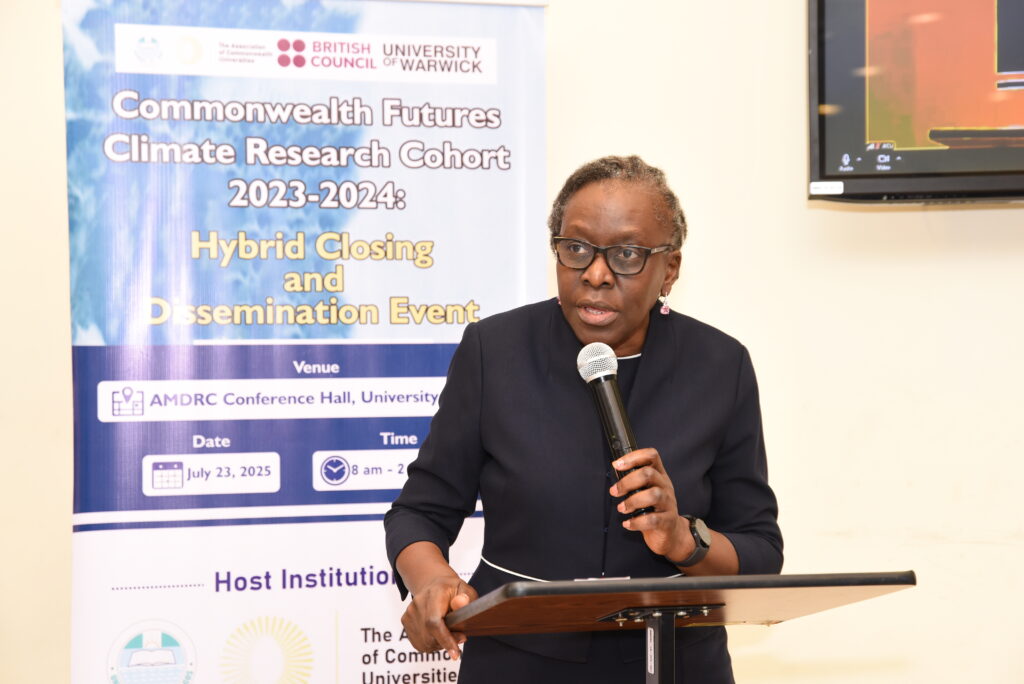
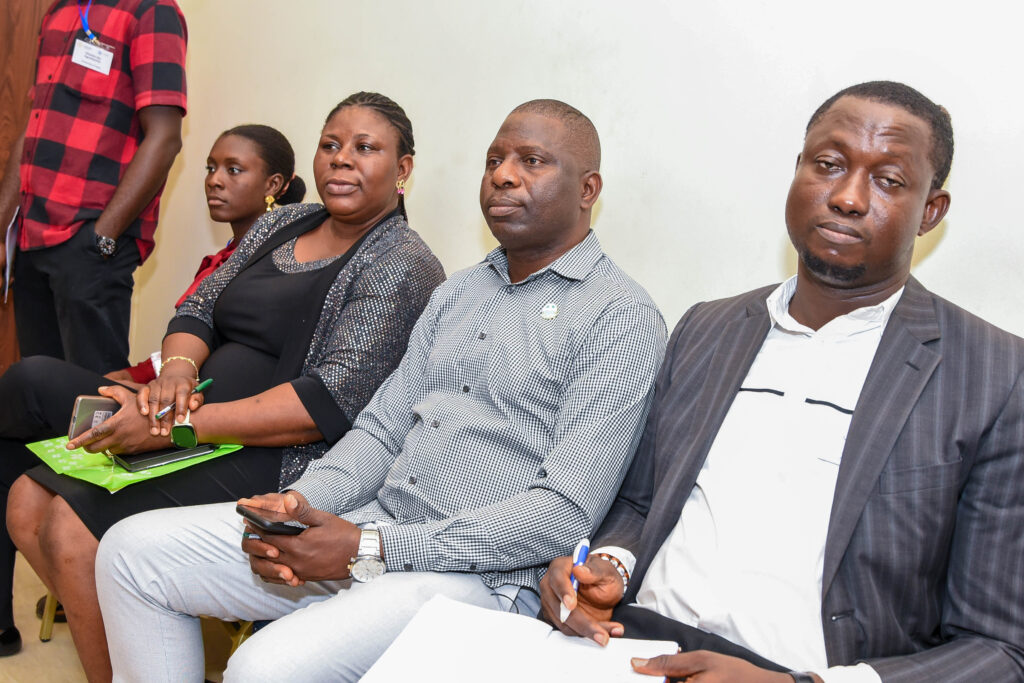
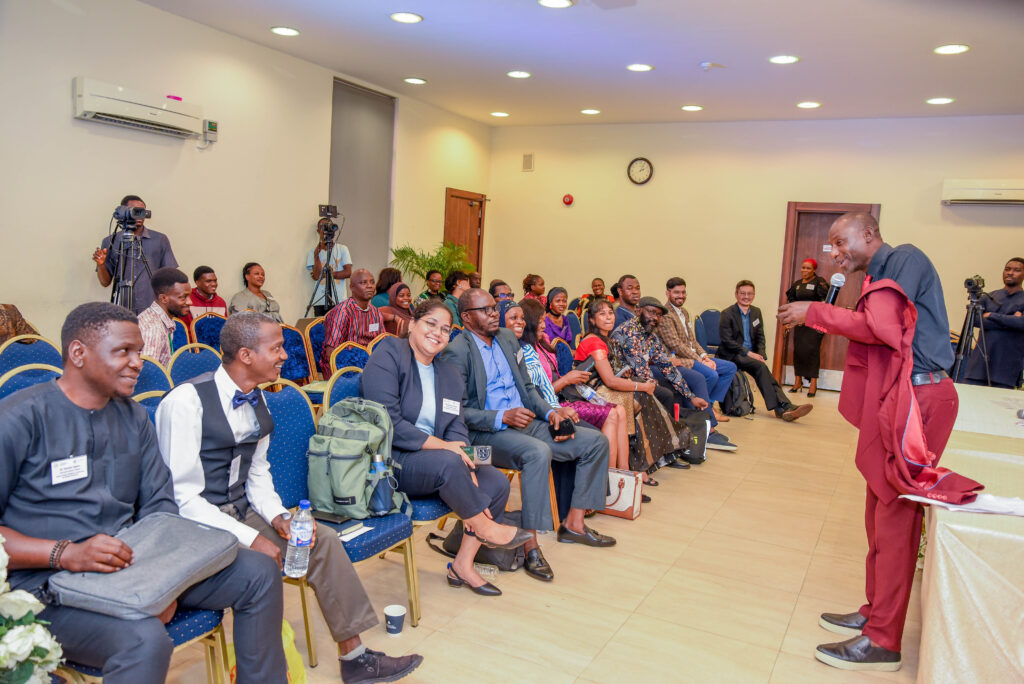
“This event is not just a conclusion; it is a catalyst. It reflects our resolve to remain a fulcrum for collaborative problem-solving and partnerships that uplift communities while protecting the planet.”
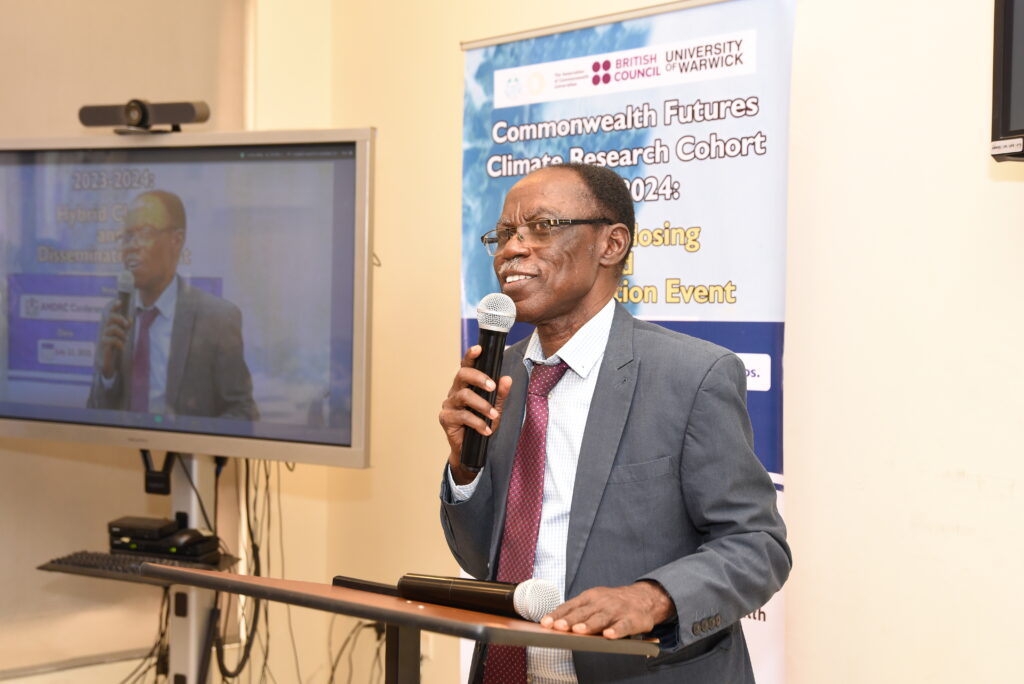
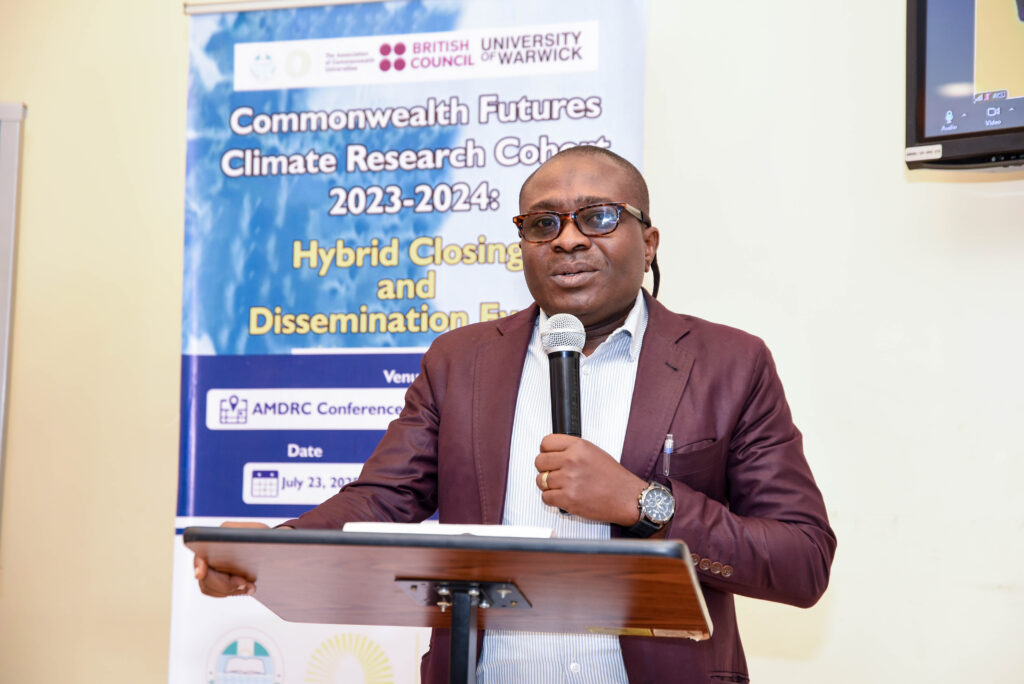
Other key officials that graced the closing event were the Director of the Research Management Office (RMO), UNILAG, Professor Solomon Okunuga, who emphasized the university’s support for interdisciplinary, ethical, and impactful scholarship; and Deputy Director at the Office of International Relations, Partnerships & Prospects (IRPP), Dr. Victor Onifade, who represented the Director, Professor Adegboyega Ibraheem.
Global Voices, Local Impact
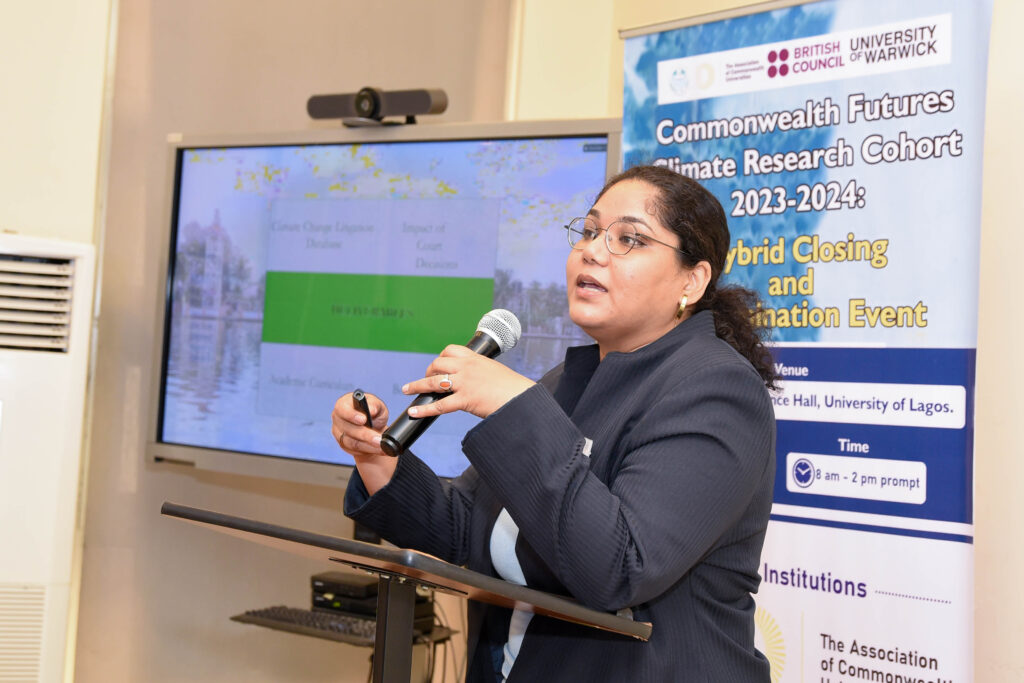
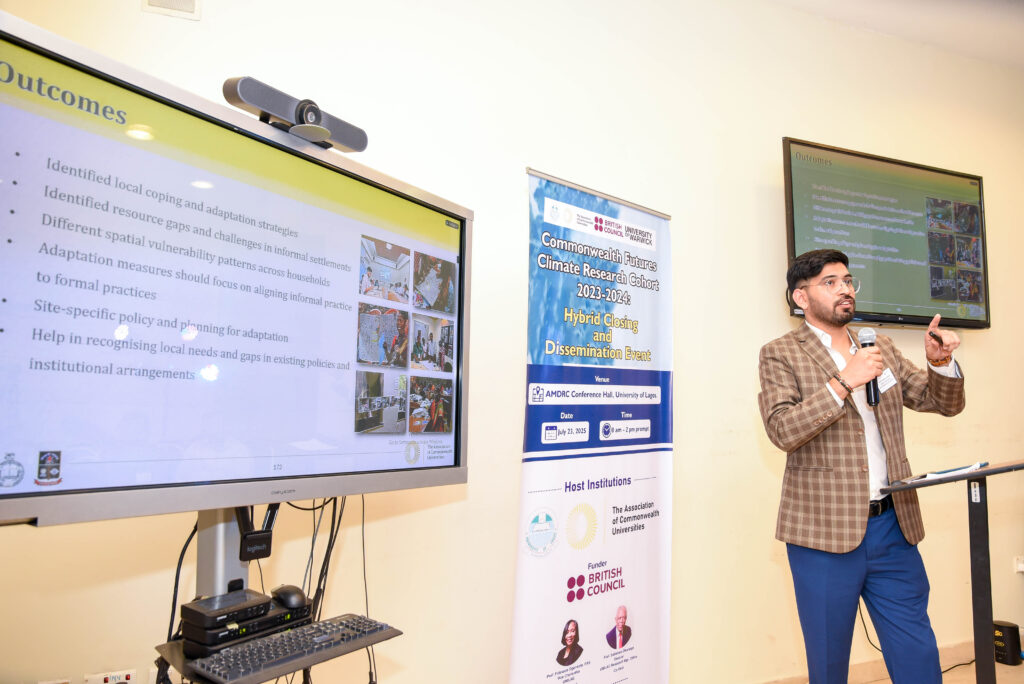
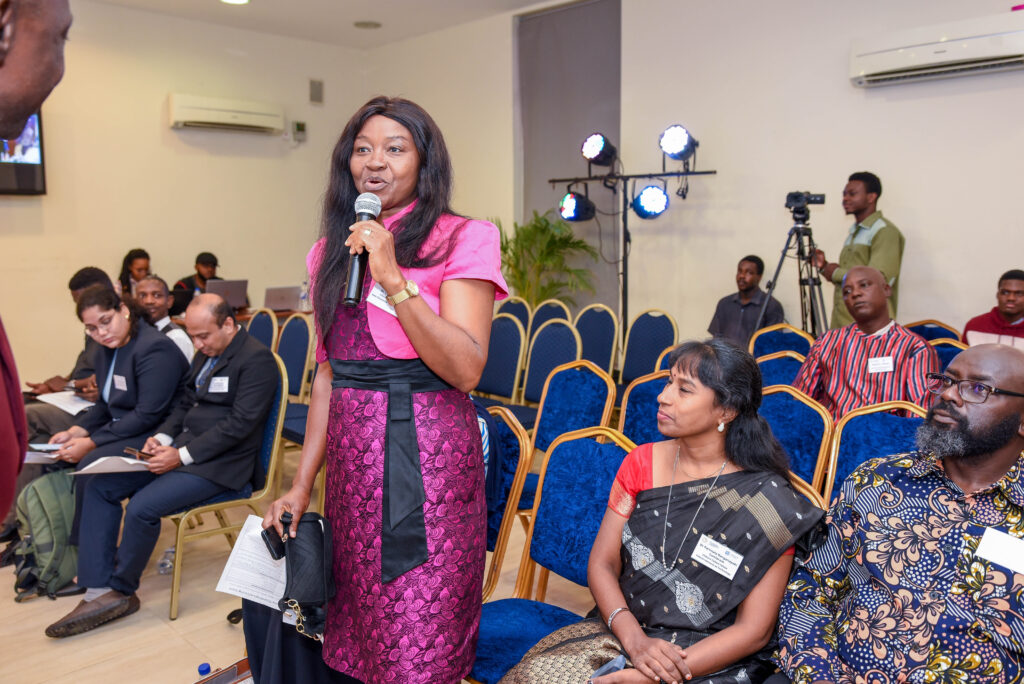
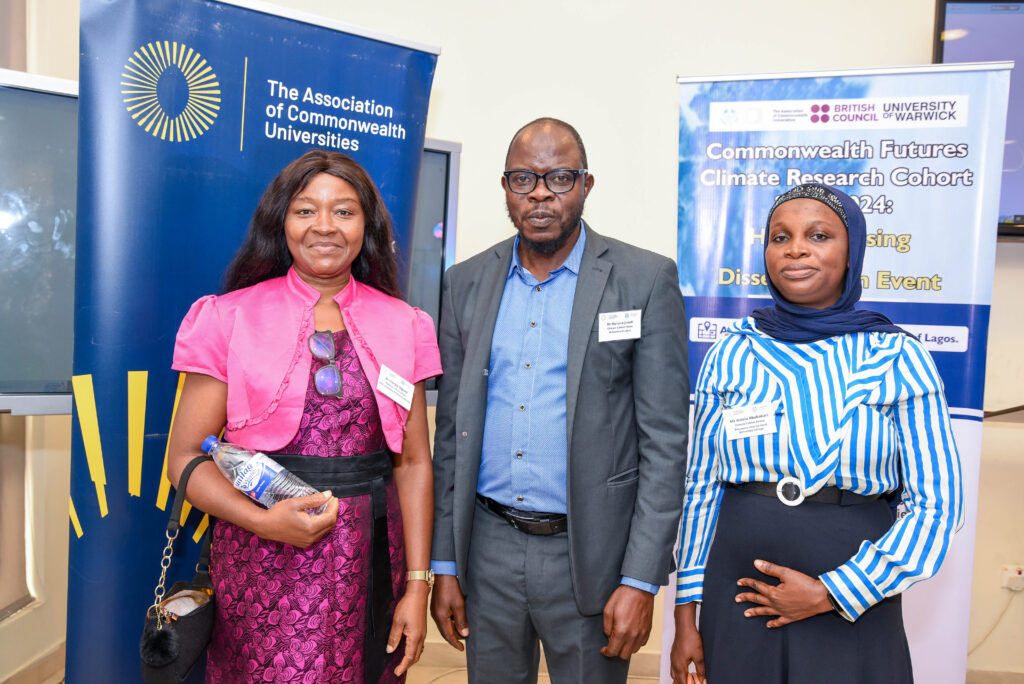
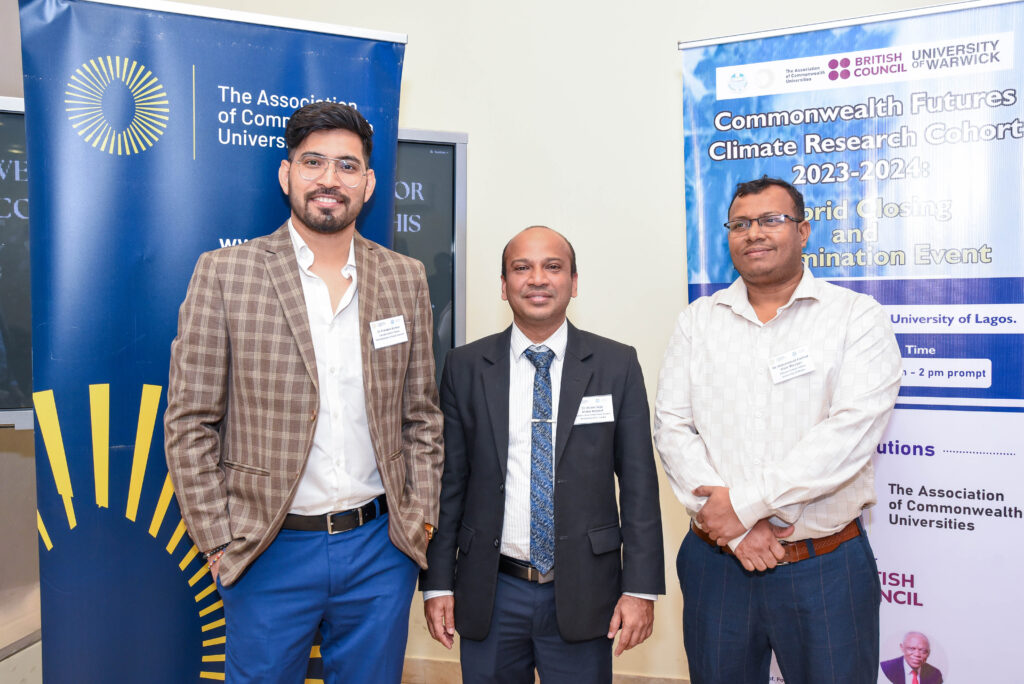
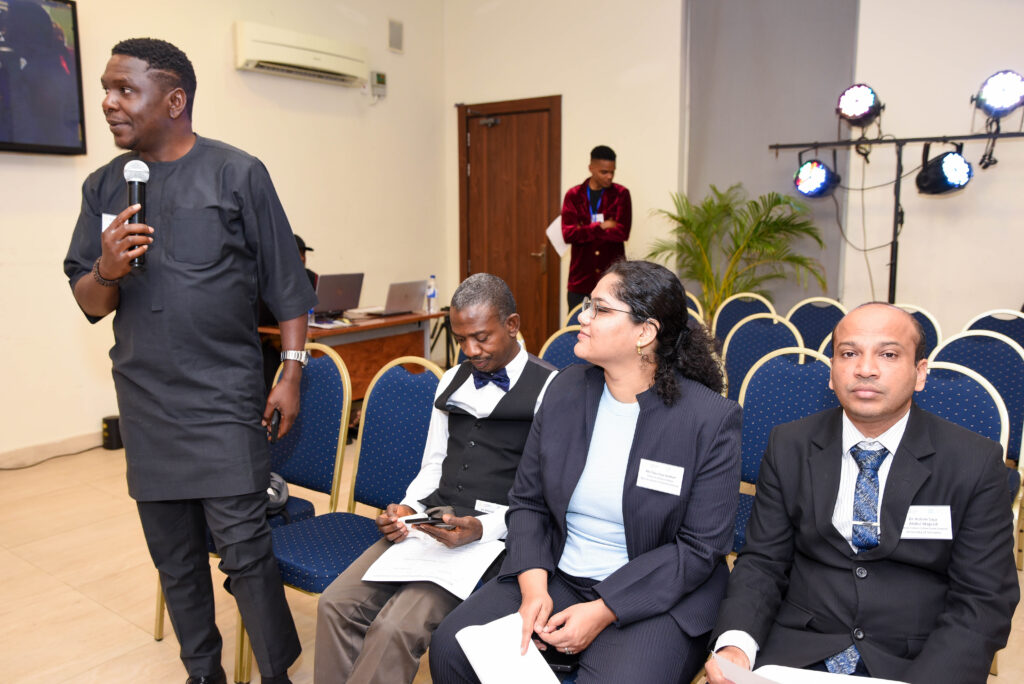
The event featured a series of impactful presentations by fellows from India, South Africa, Kenya, and Ghana, with other thematic focuses that included urban adaptation to climate change and climate law and litigation; all linked by a shared goal, which is fostering sustainable, inclusive action.
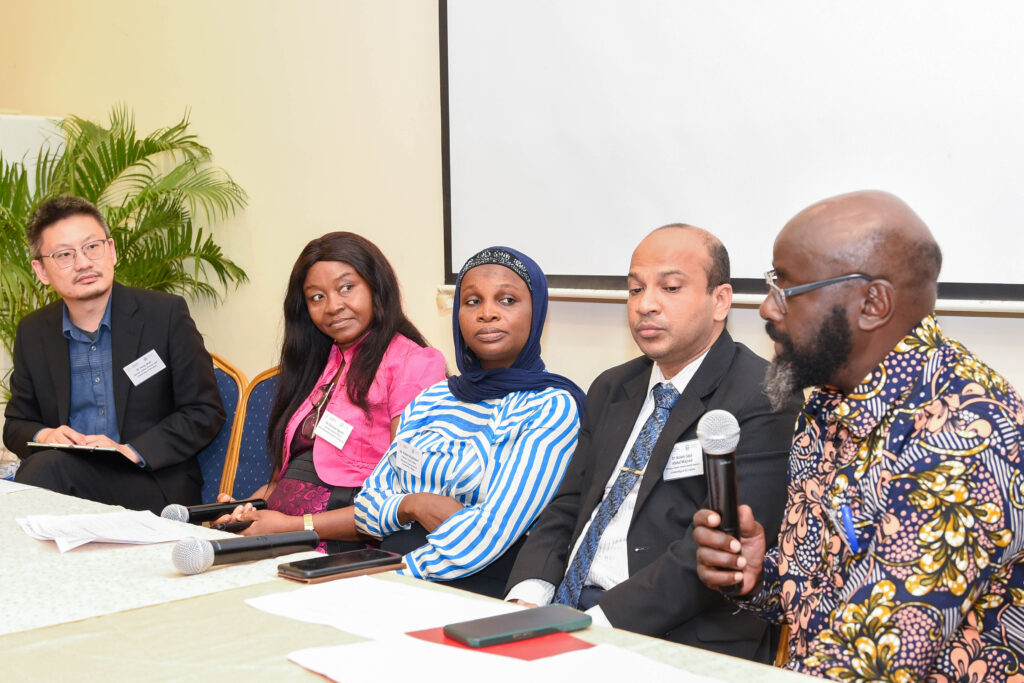
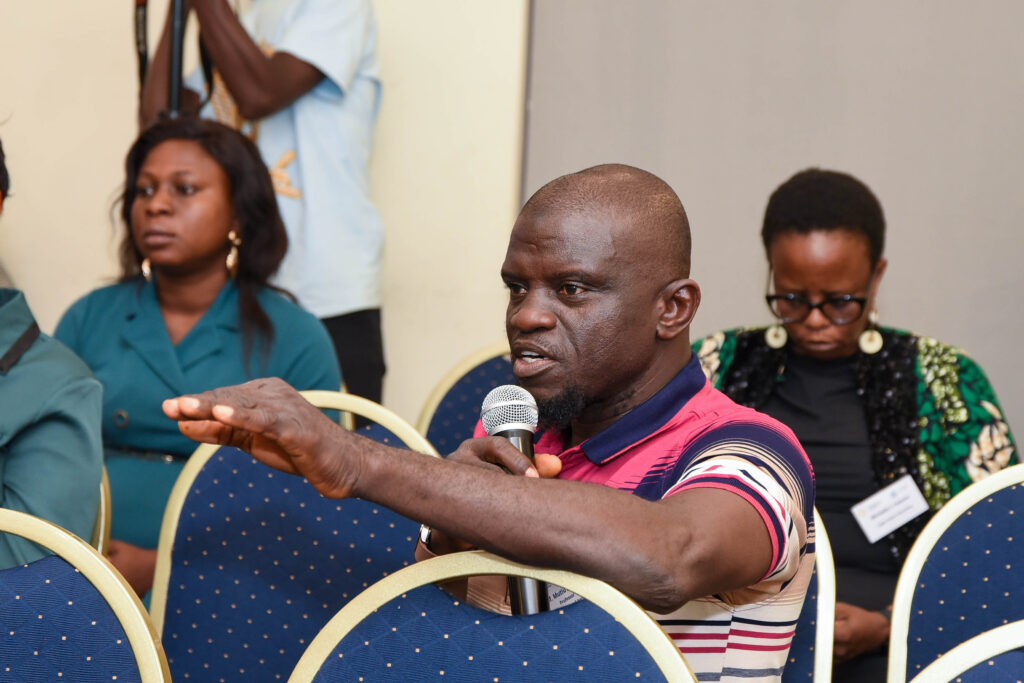
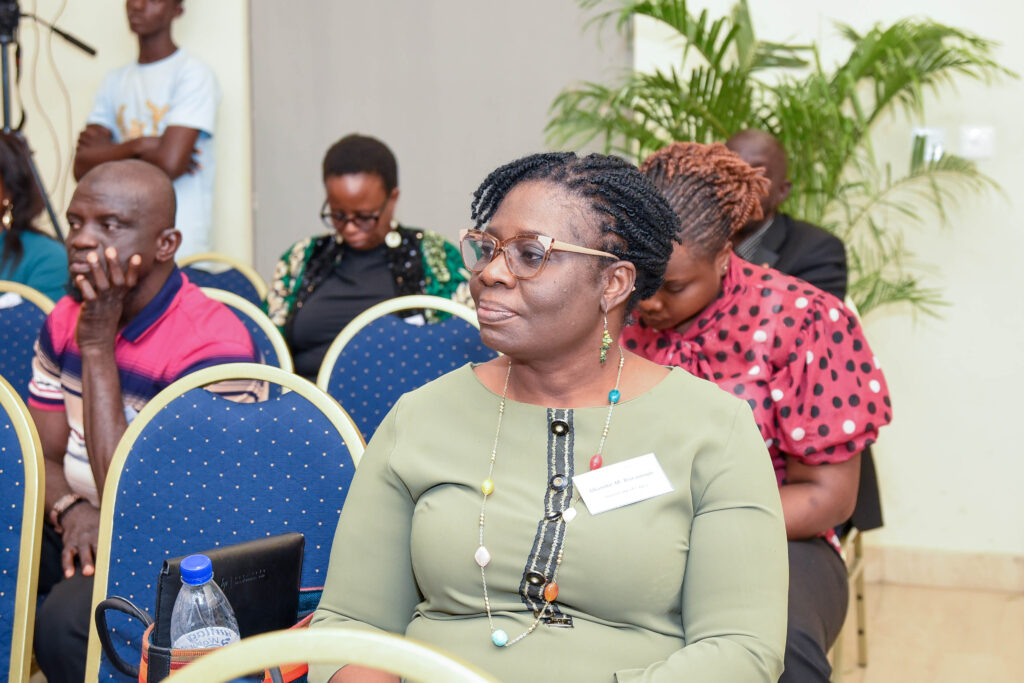
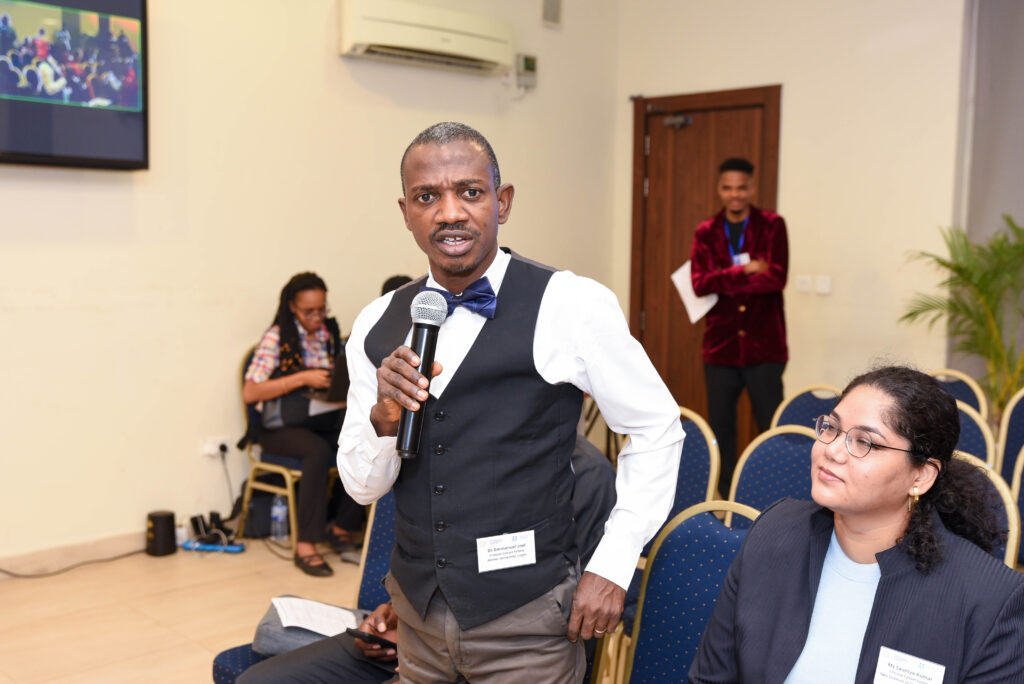
For George Lakey of the Association of Commonwealth Universities (ACU), he praised the fellows for producing “actionable insights that transcend theory and feed directly into community solutions.”
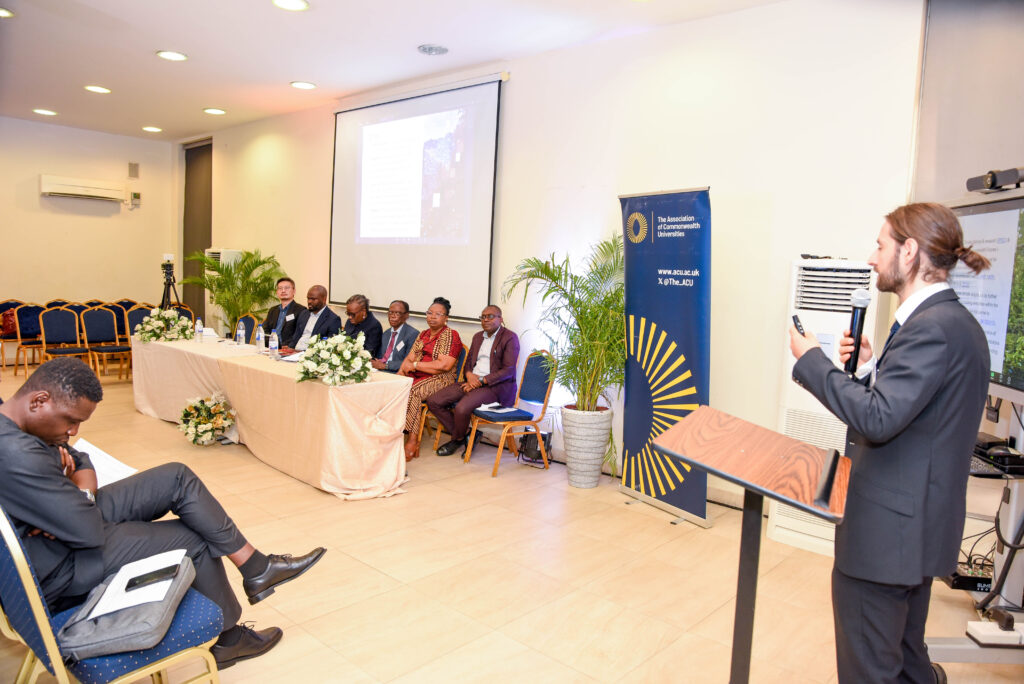
Similarly, an Associate Professor at the University of Warwick, Dr. Feng Mao also highlighted the necessity of cross-border collaboration in building a sustainable future.
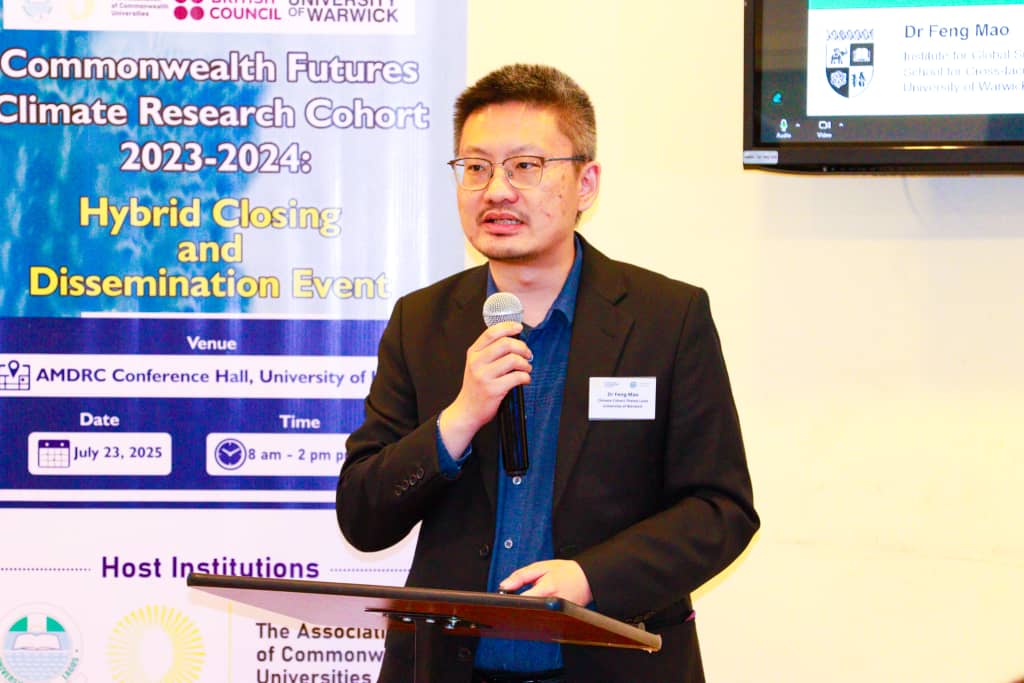
Donna McGowan, the British Council Country Director for Nigeria & West Africa Cluster Lead who joined virtually, commended the initiative for empowering researchers to shape climate policy in practice, not just in theory.
Head of Higher Education at the British Council Nigeria, Daniel Emenahor, described the fellowship as “a model for building capacity through education, innovation, and inclusion.”
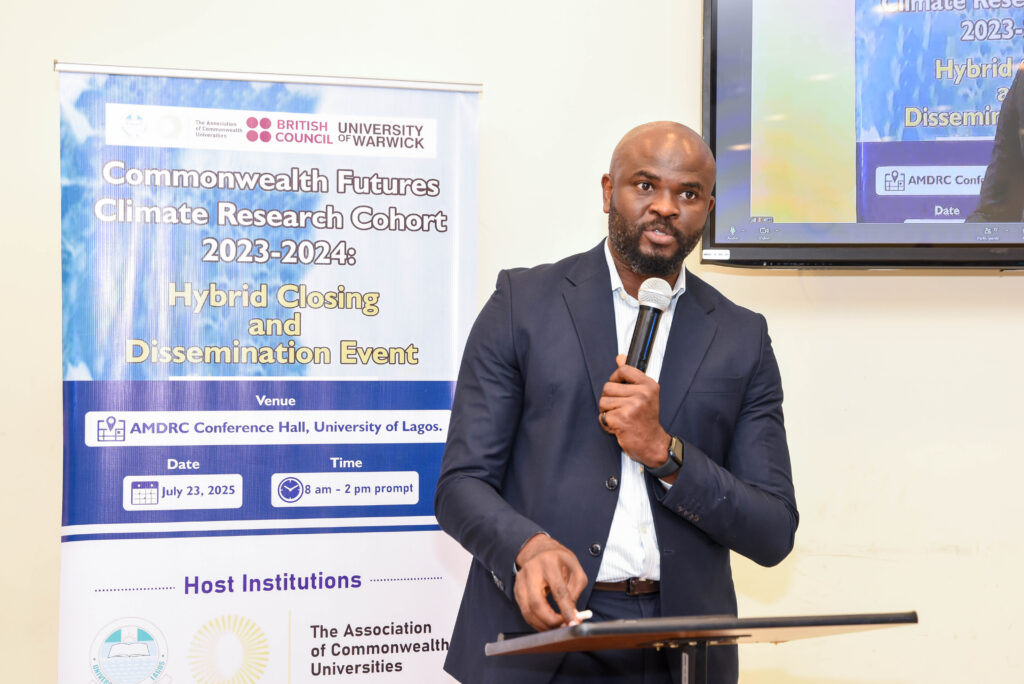
From themes like water security, climate litigation, and coastal erosion, to urban adaptation and community participation, the fellowship demonstrated how academic research can inform policy and inspire change.
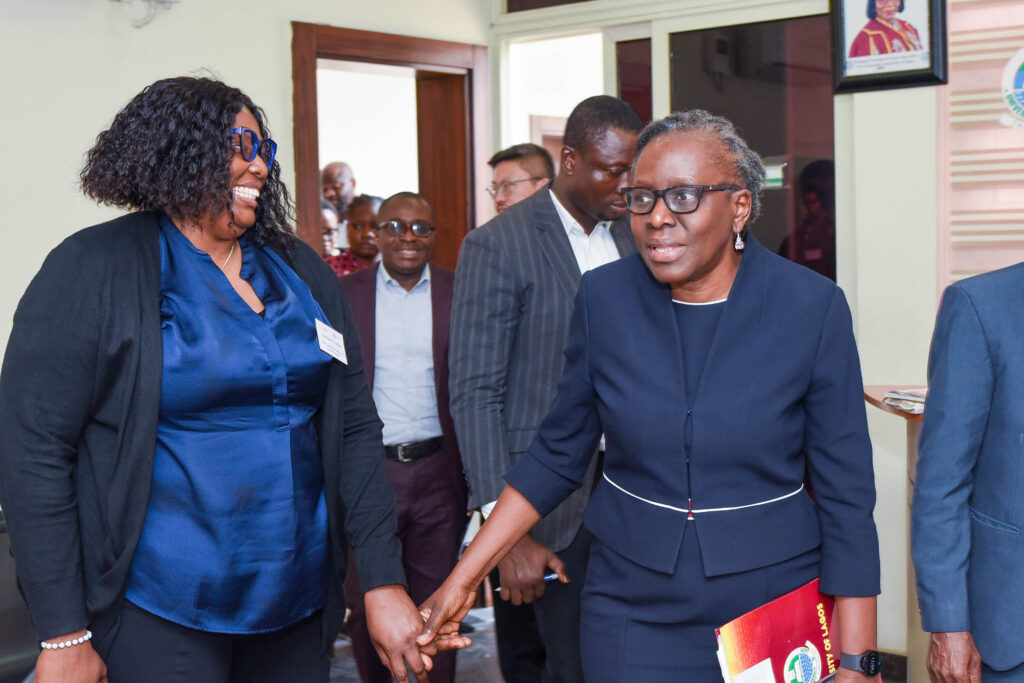
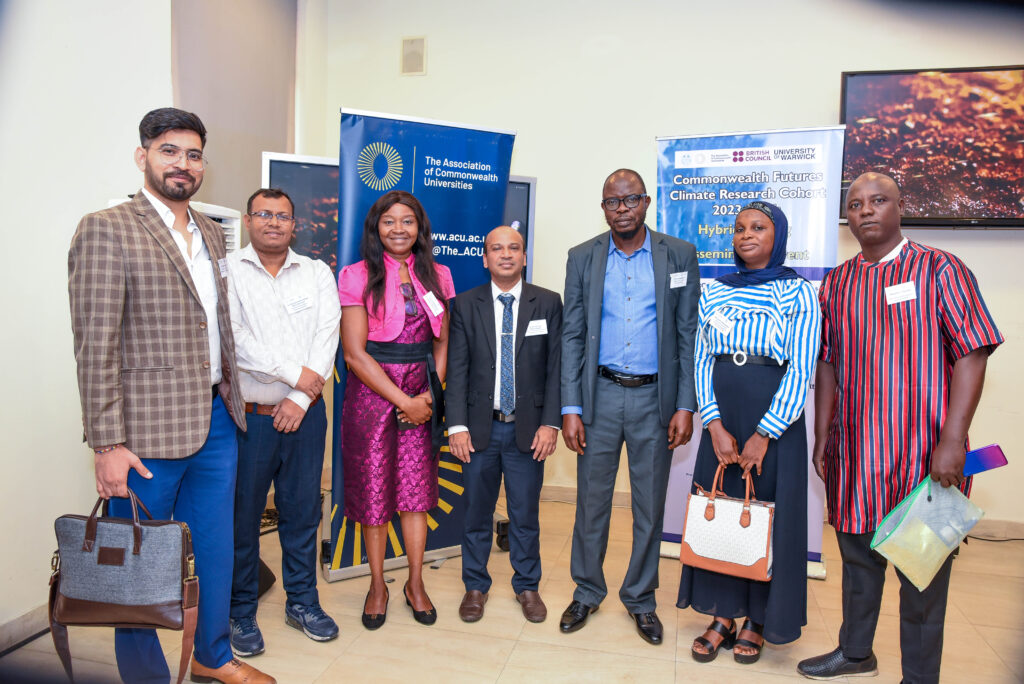
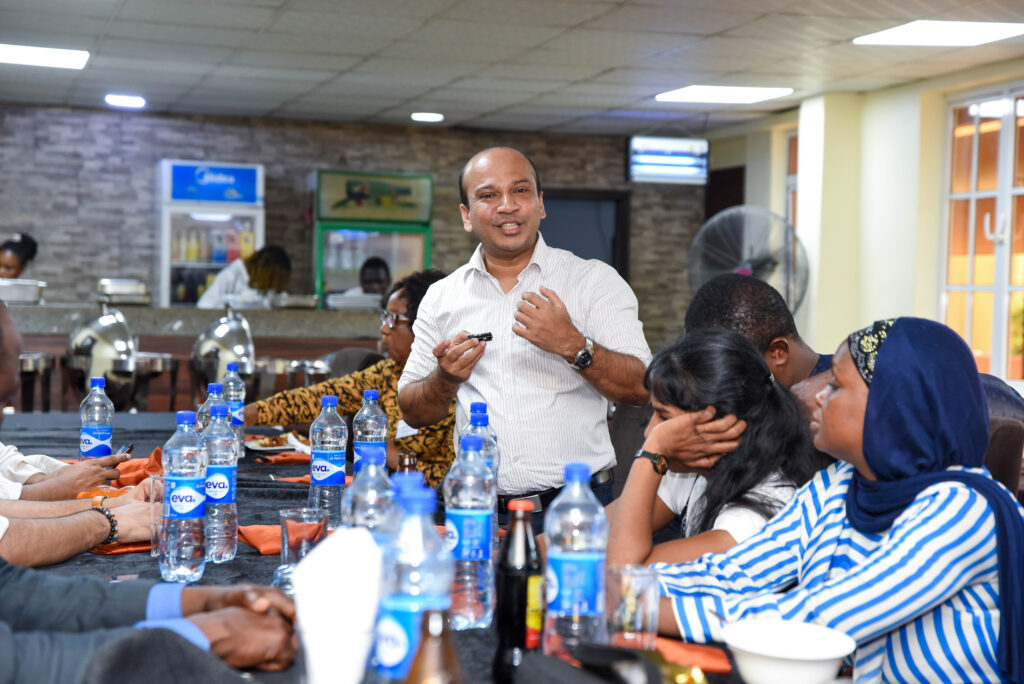
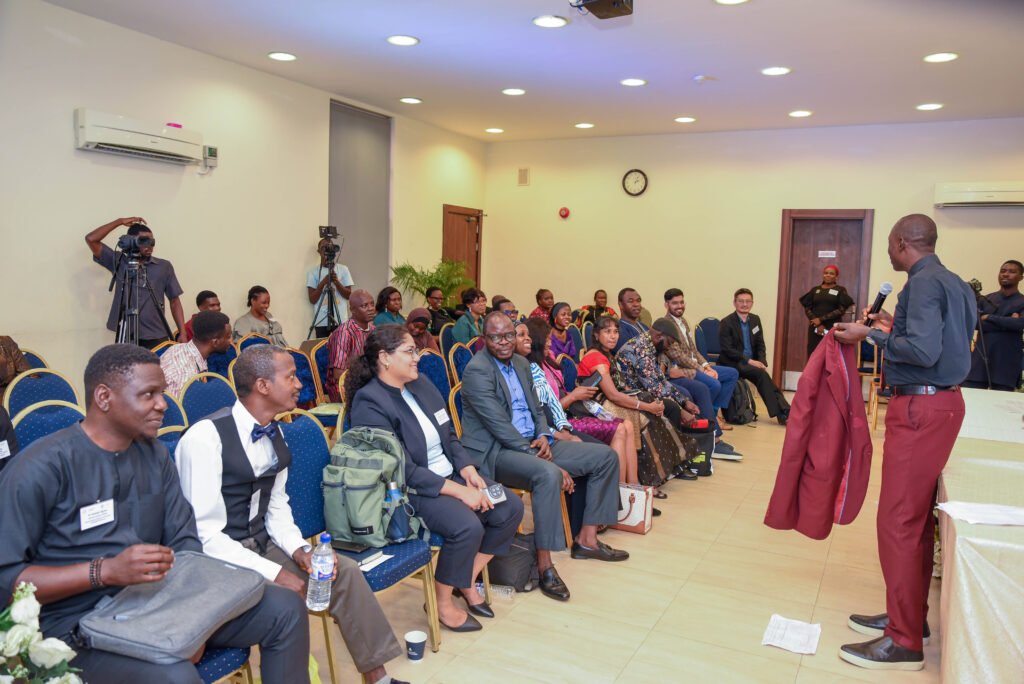
Day Two: Strategy in Motion
The momentum extended into Thursday, July 24, 2025, when the ACU team hosted a follow-up strategy session on campus. This interactive dialogue convened researchers, staff, and emerging scholars to explore grant opportunities, research capacity development, and collaborative funding pipelines.
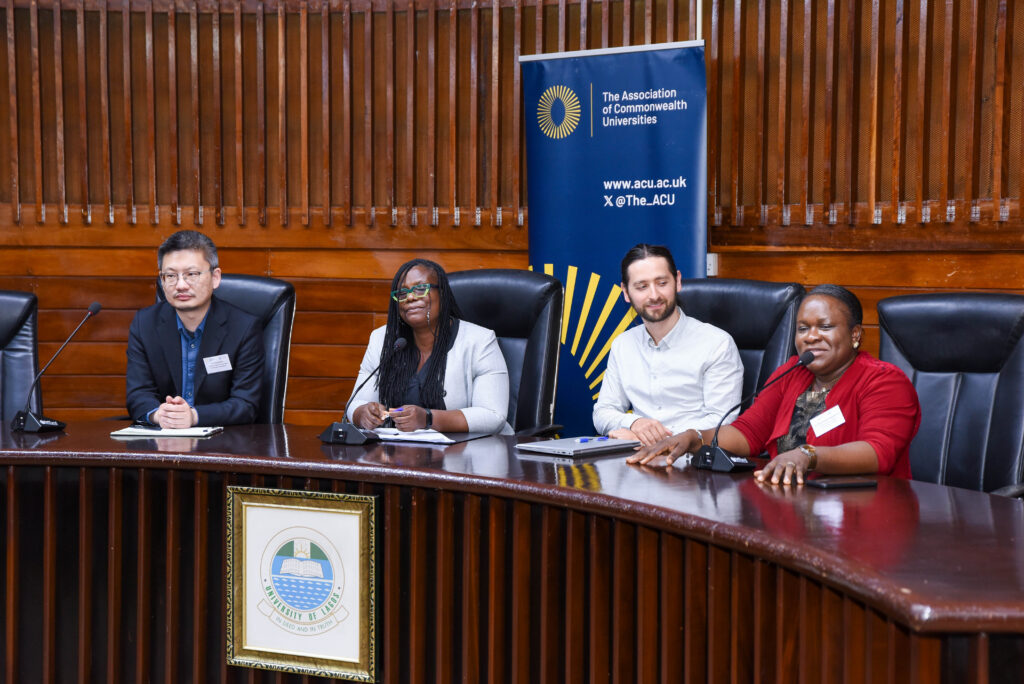
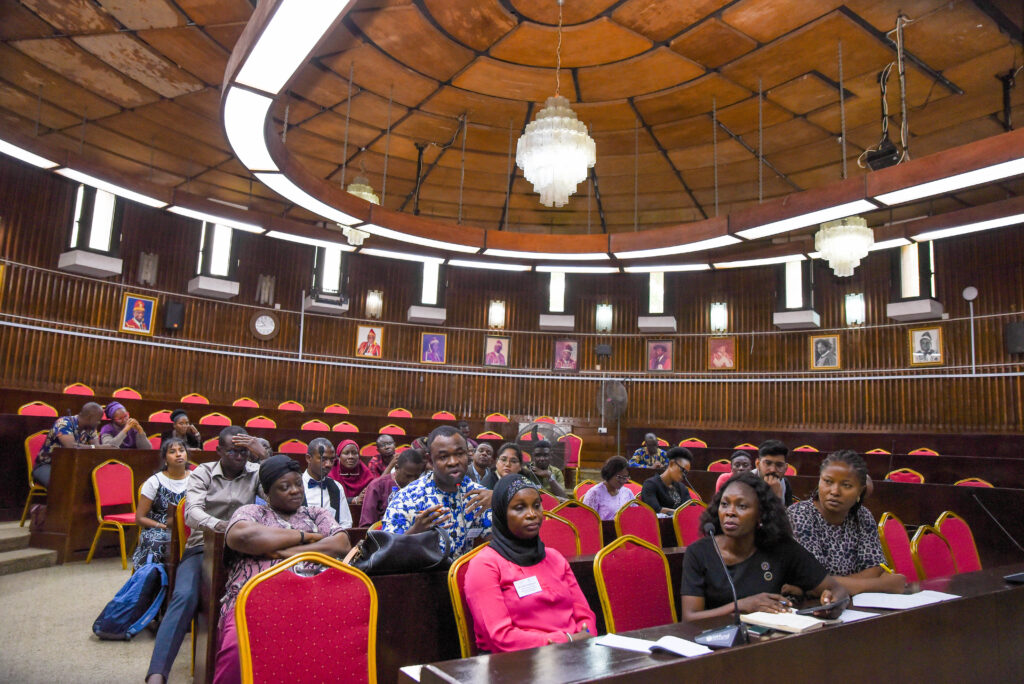
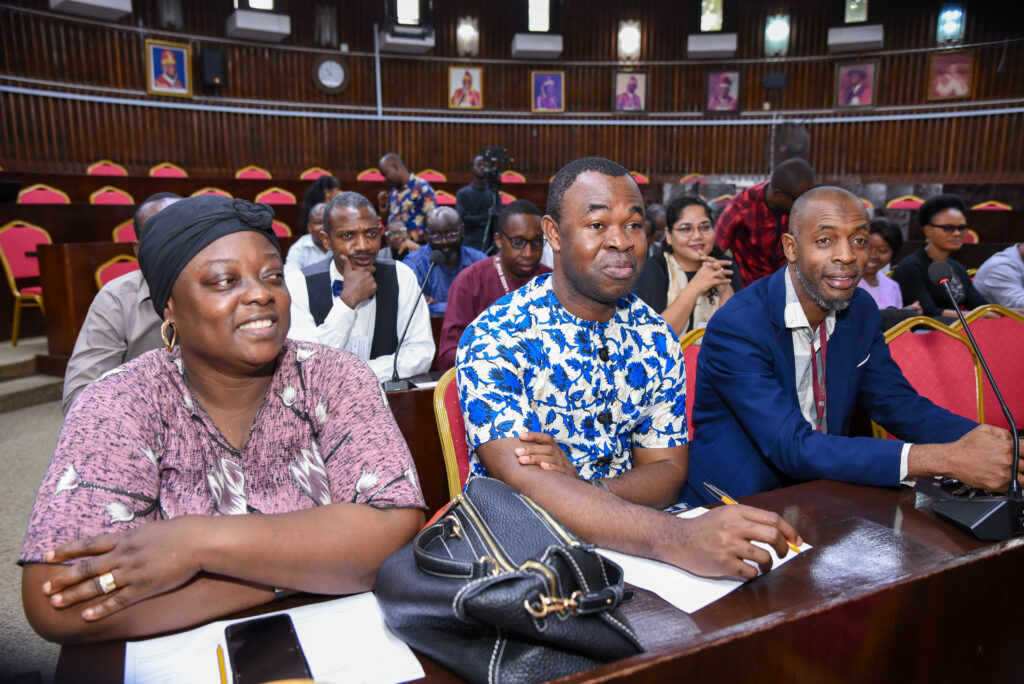
The session deepened the partnership between ACU and UNILAG, aligning efforts to scale impactful work and embed climate-smart solutions in communities that need them most.
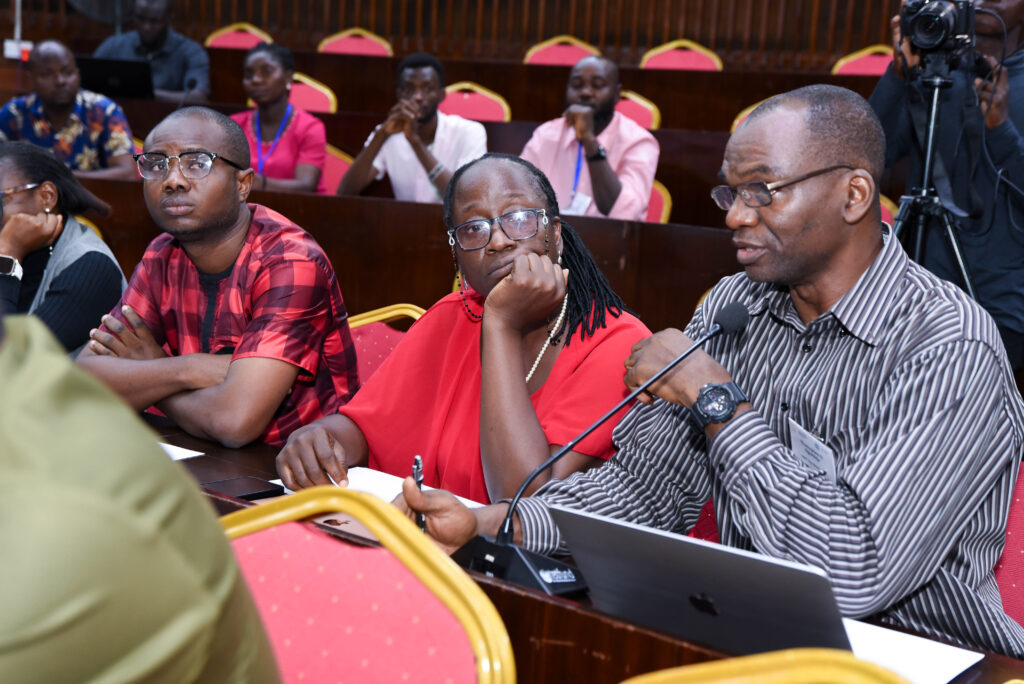
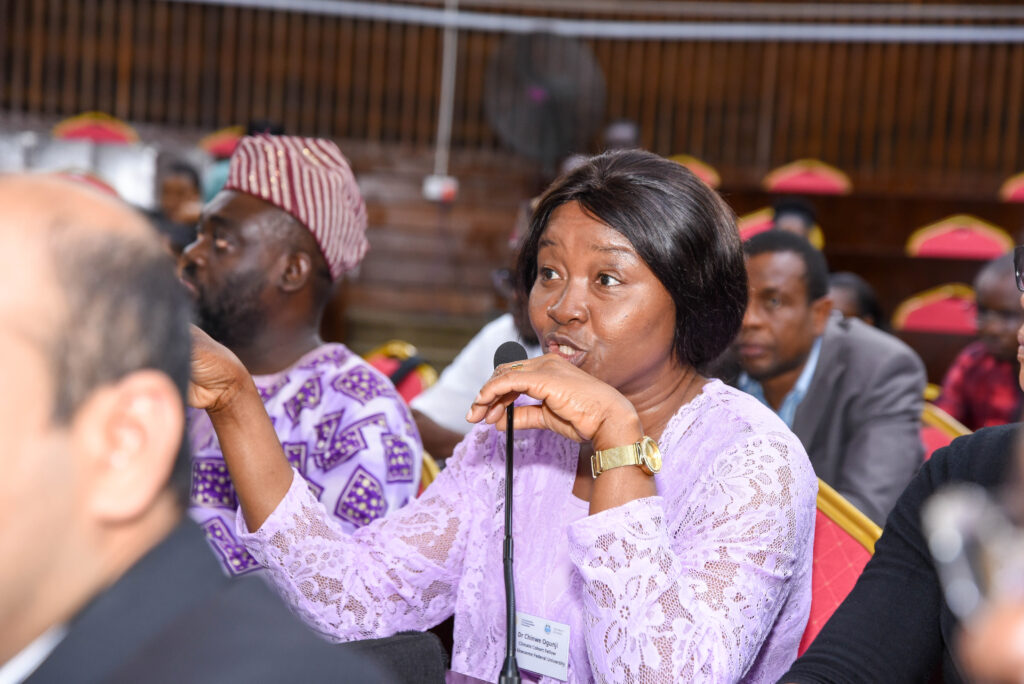
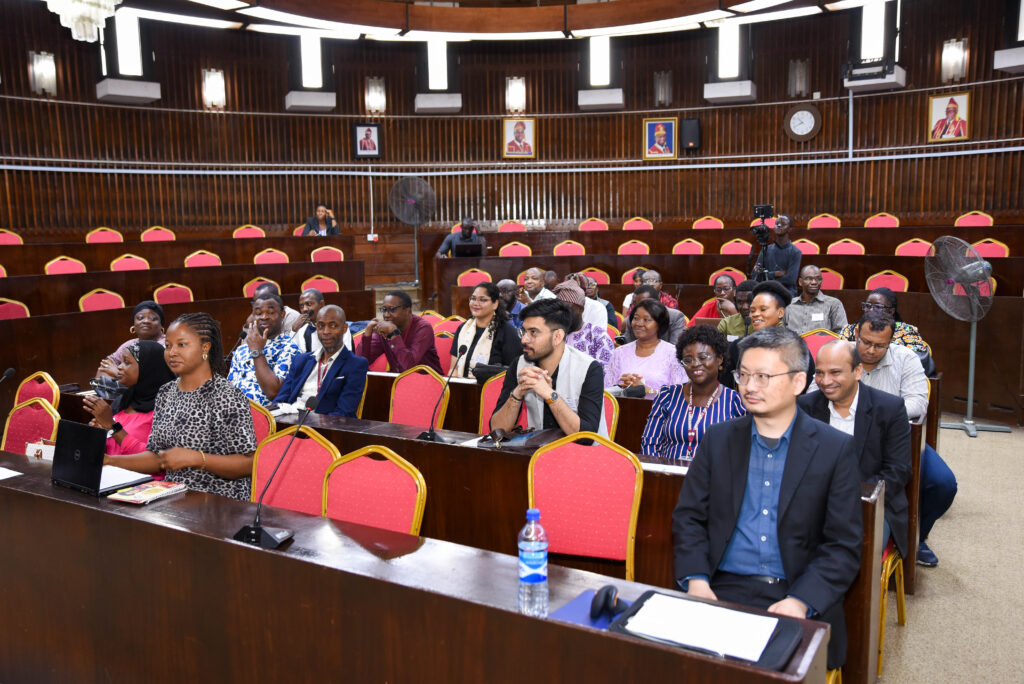
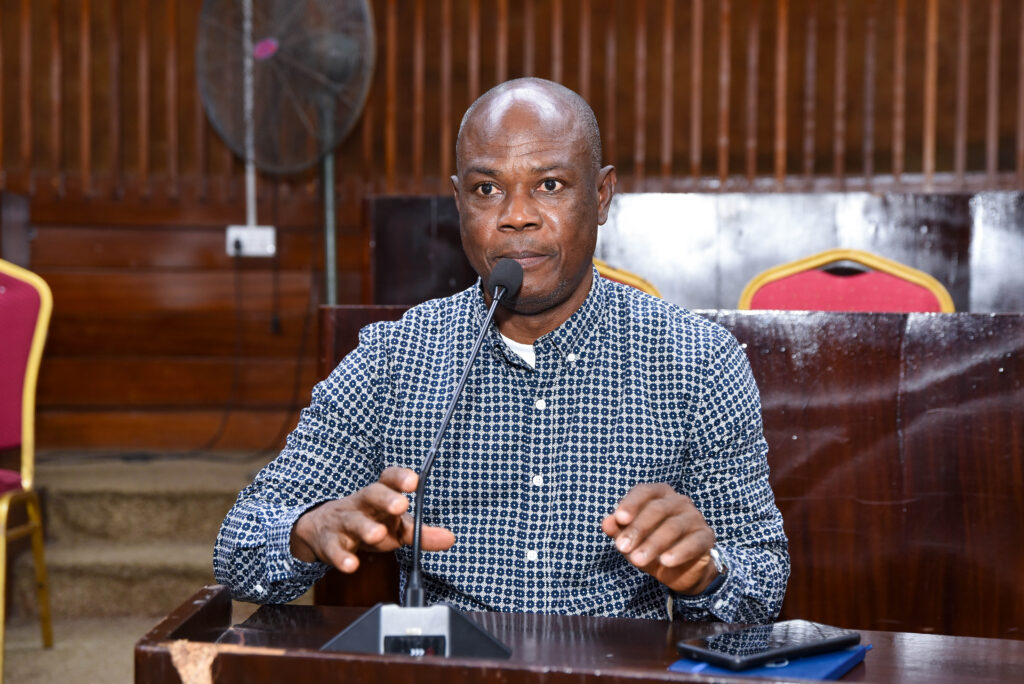
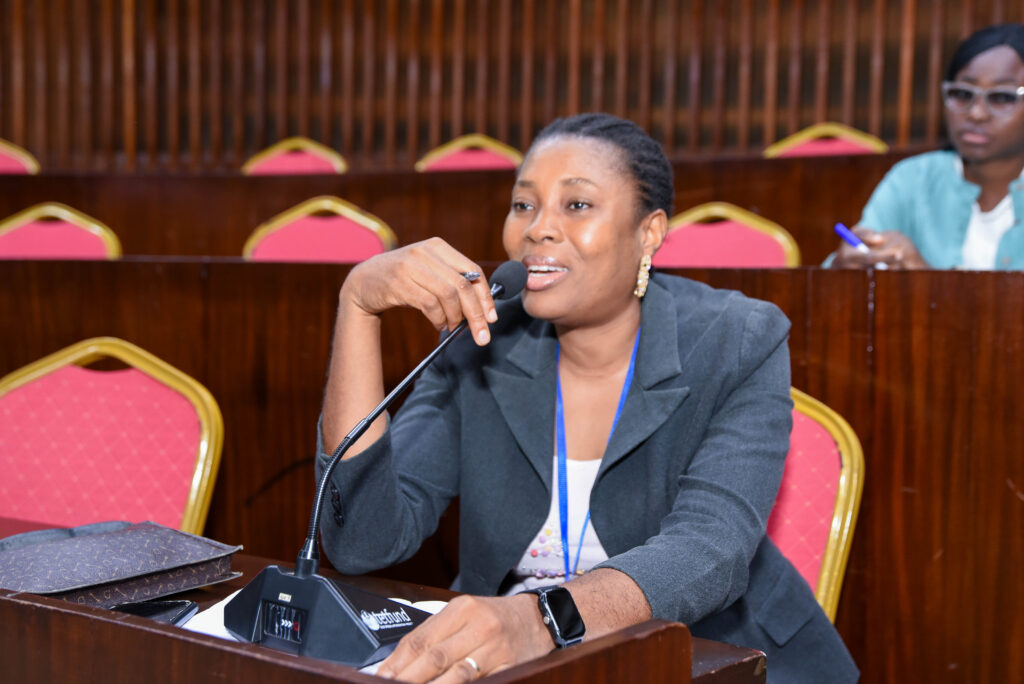
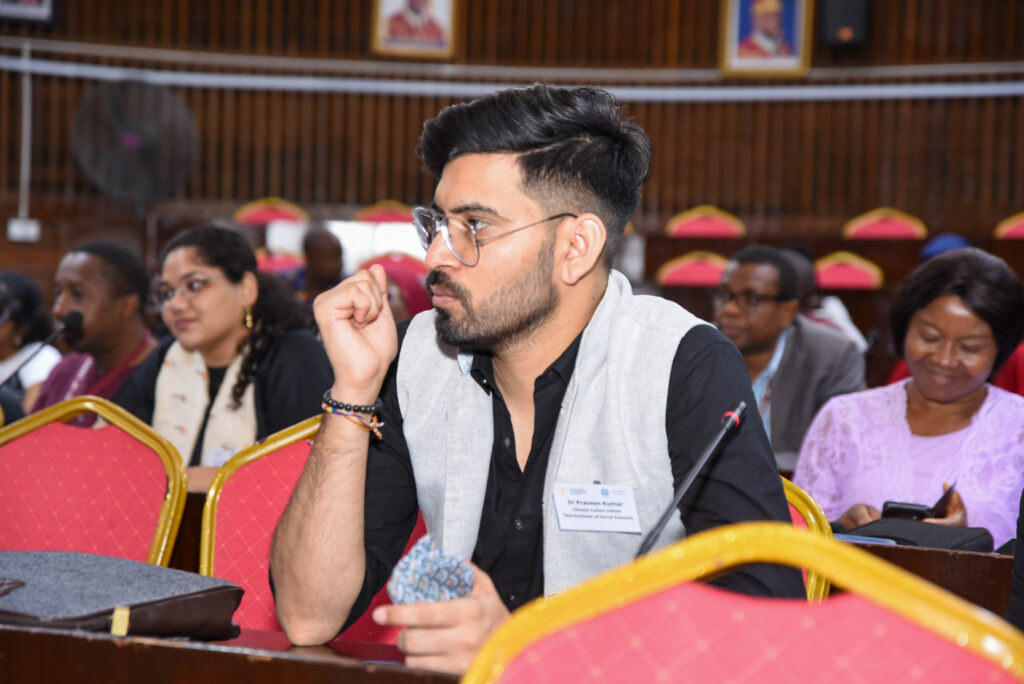
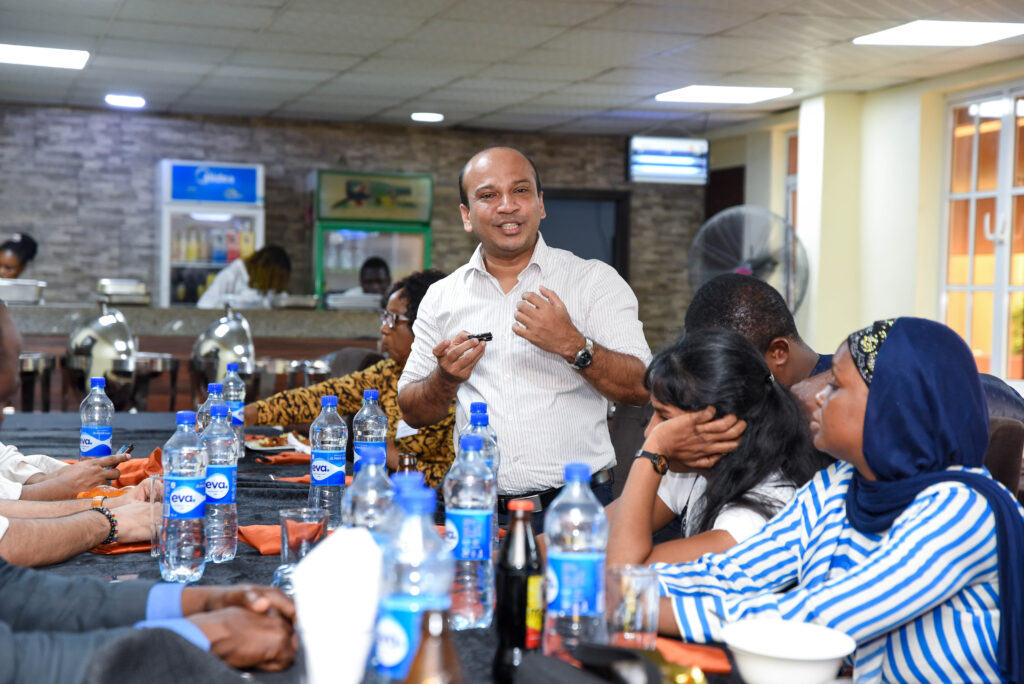
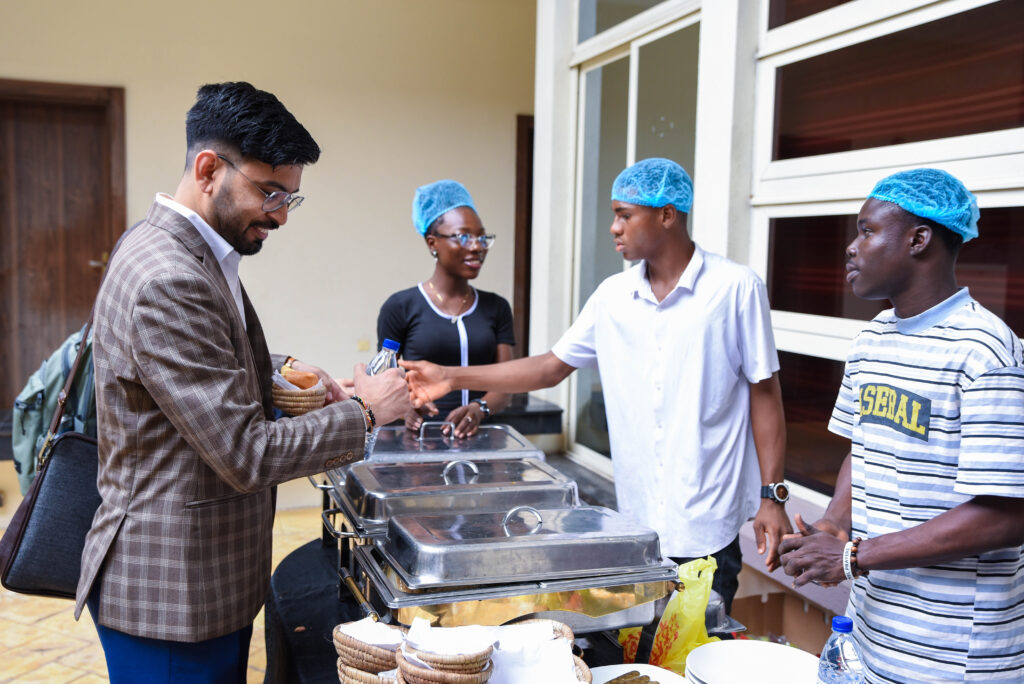
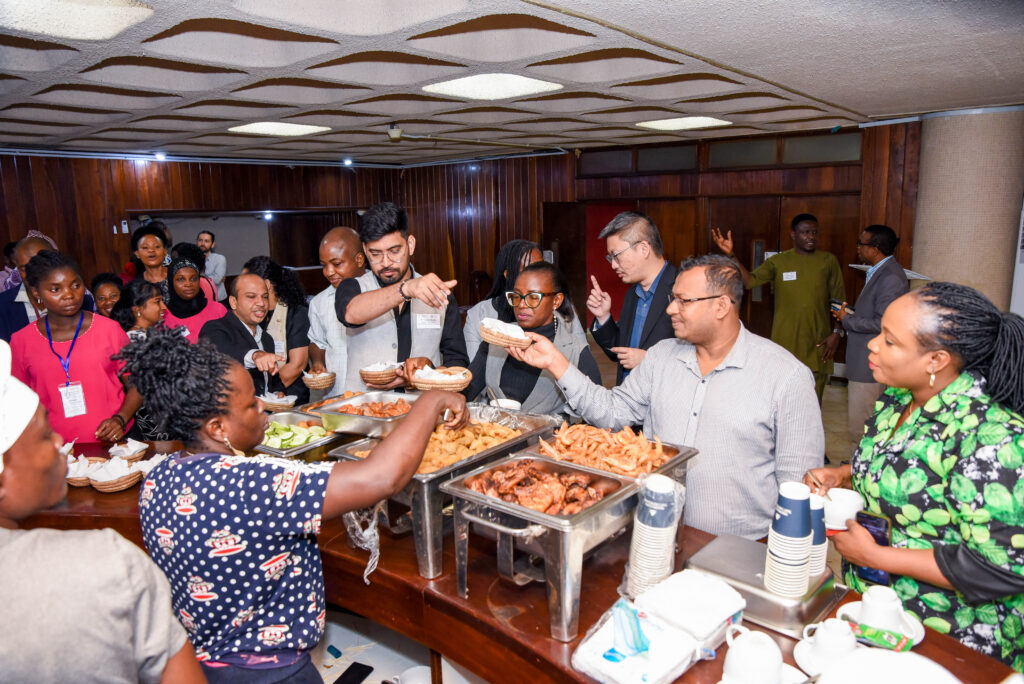
The Journey Continues
From the boreholes of Ilaje to the halls of international academia, the ACU Commonwealth Climate Fellowship has redefined the pathway from research to resilience.
At the University of Lagos, the story doesn’t end here. It continues: one researcher, one community, one bold idea at a time.
Report: Bayo salau
Photographs: Samuel Dosunmu / Michael Joshua

